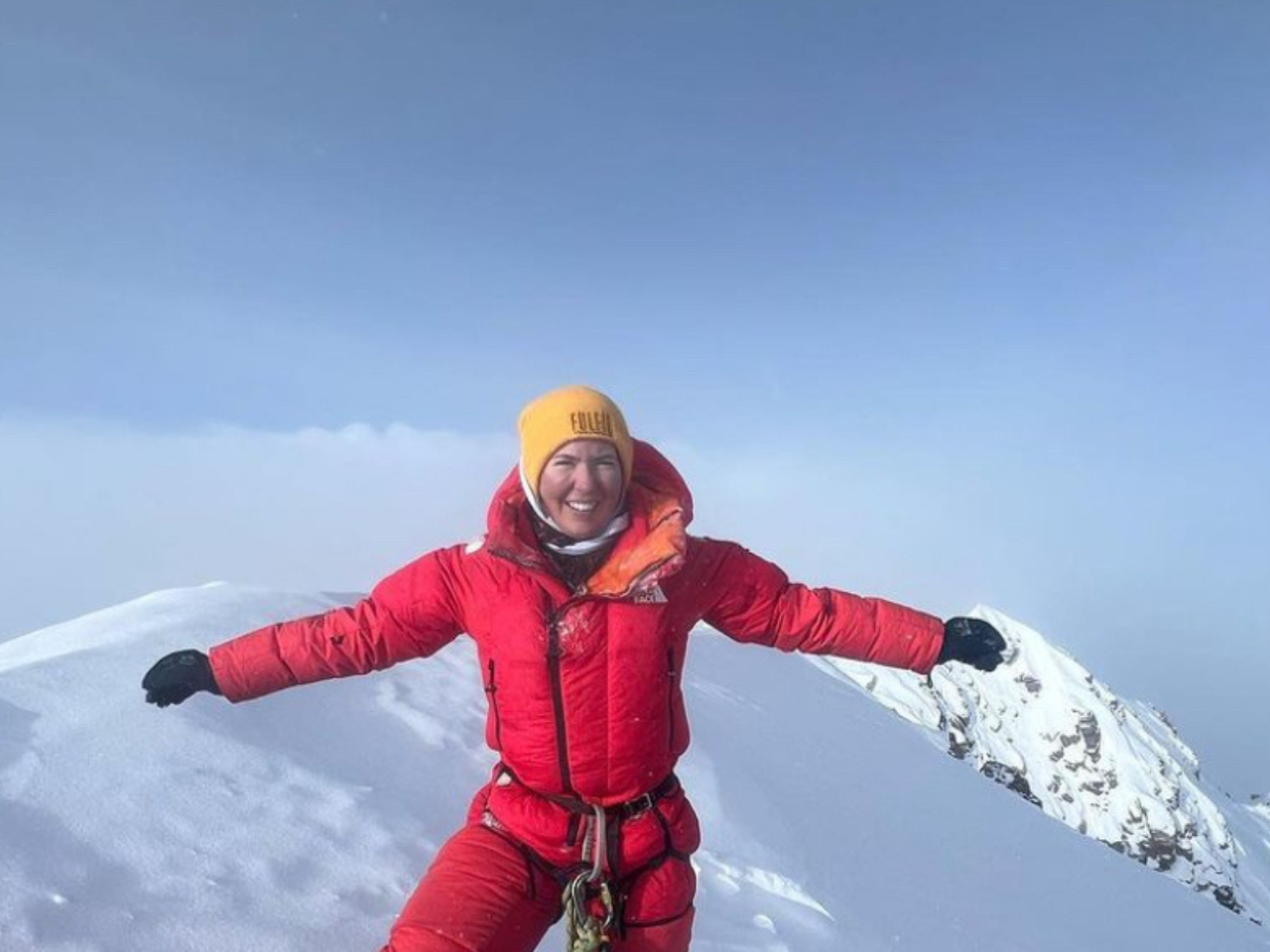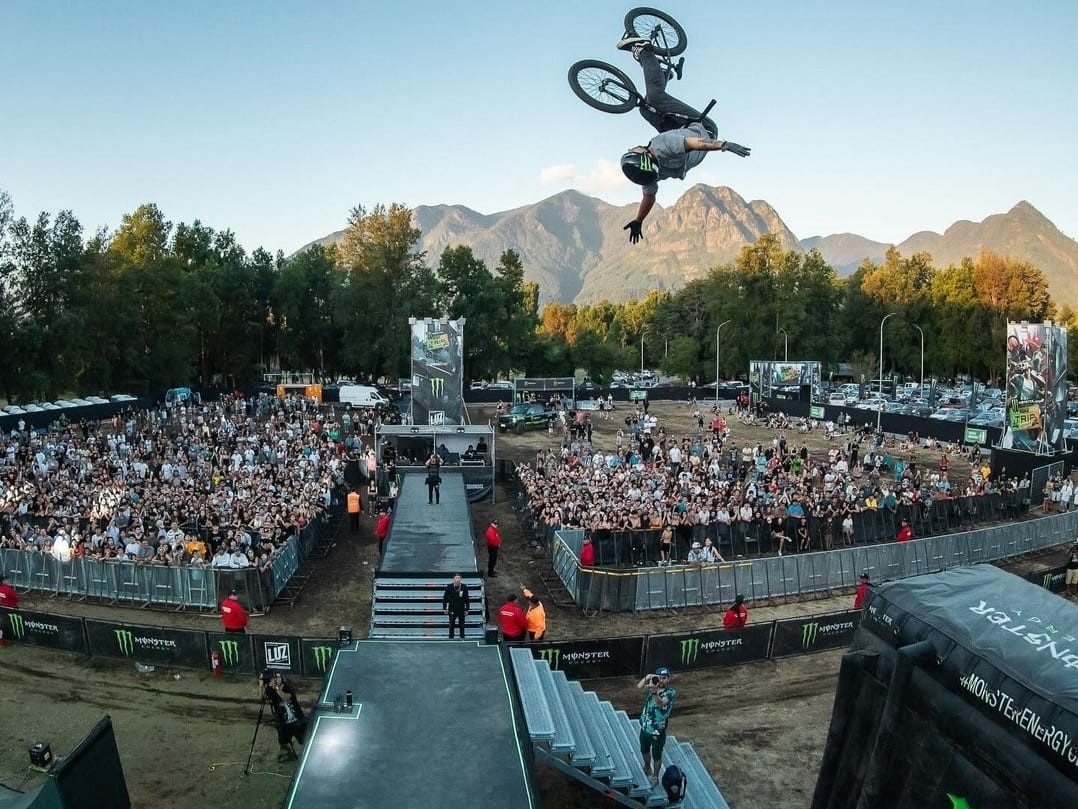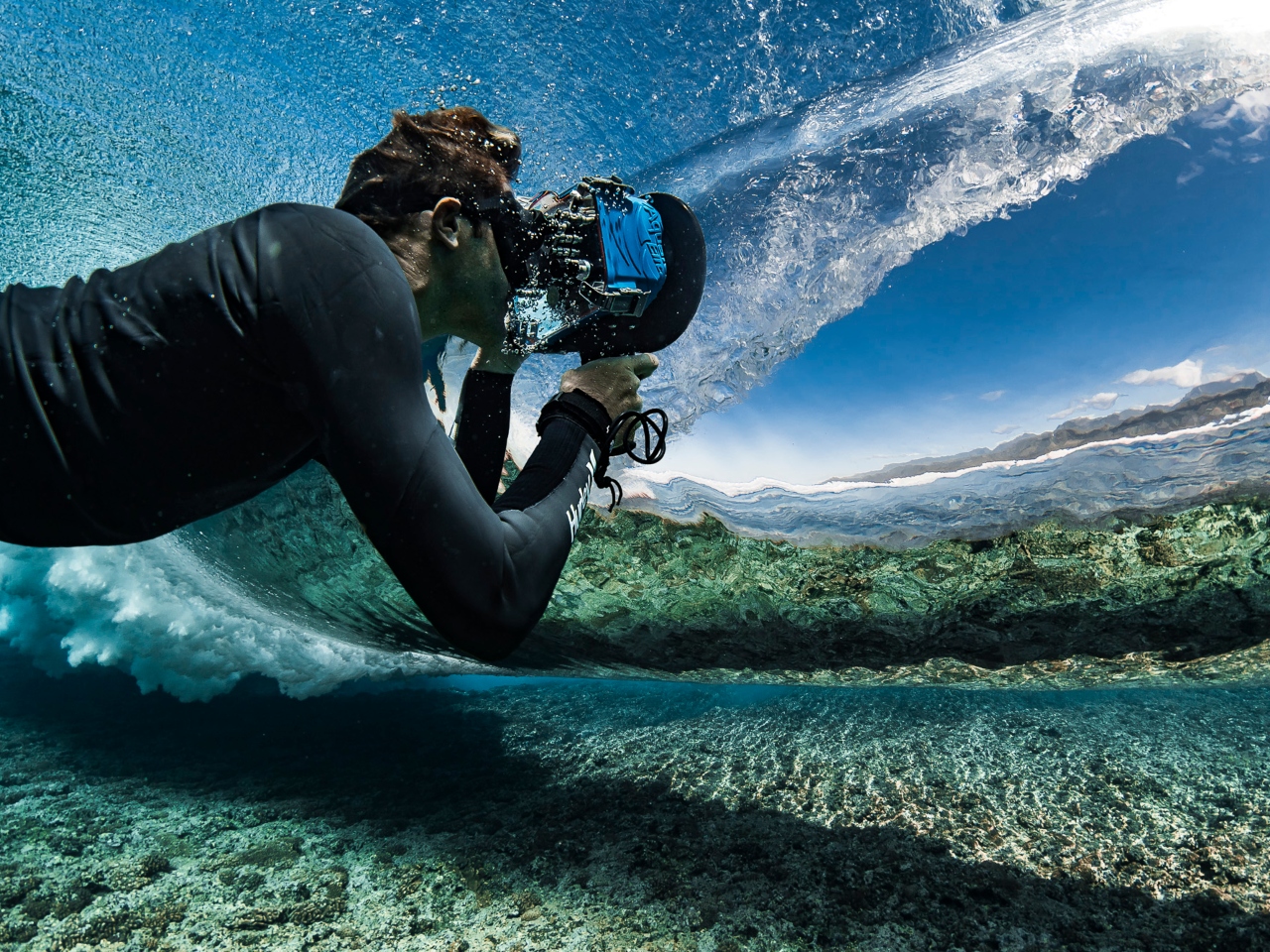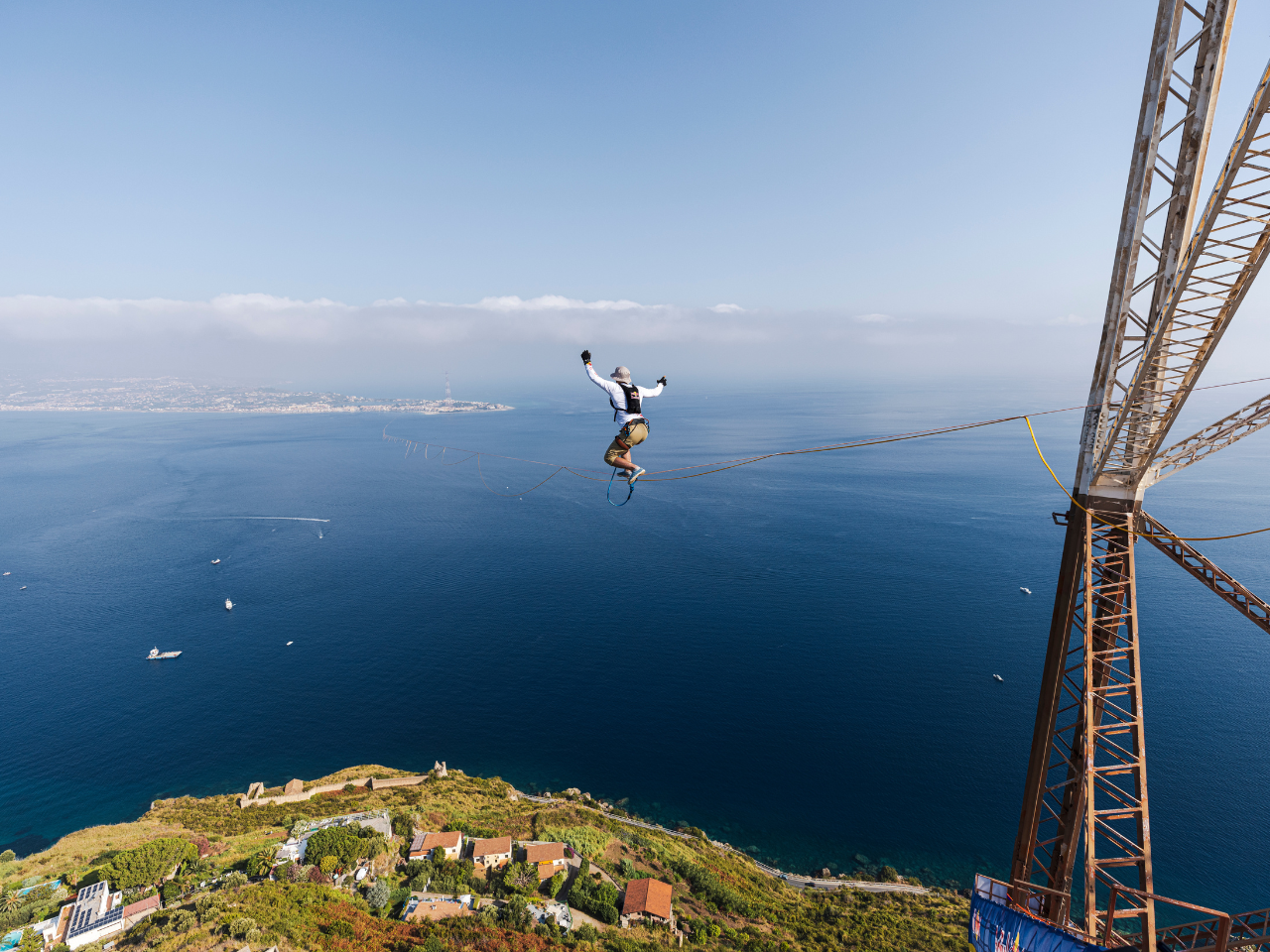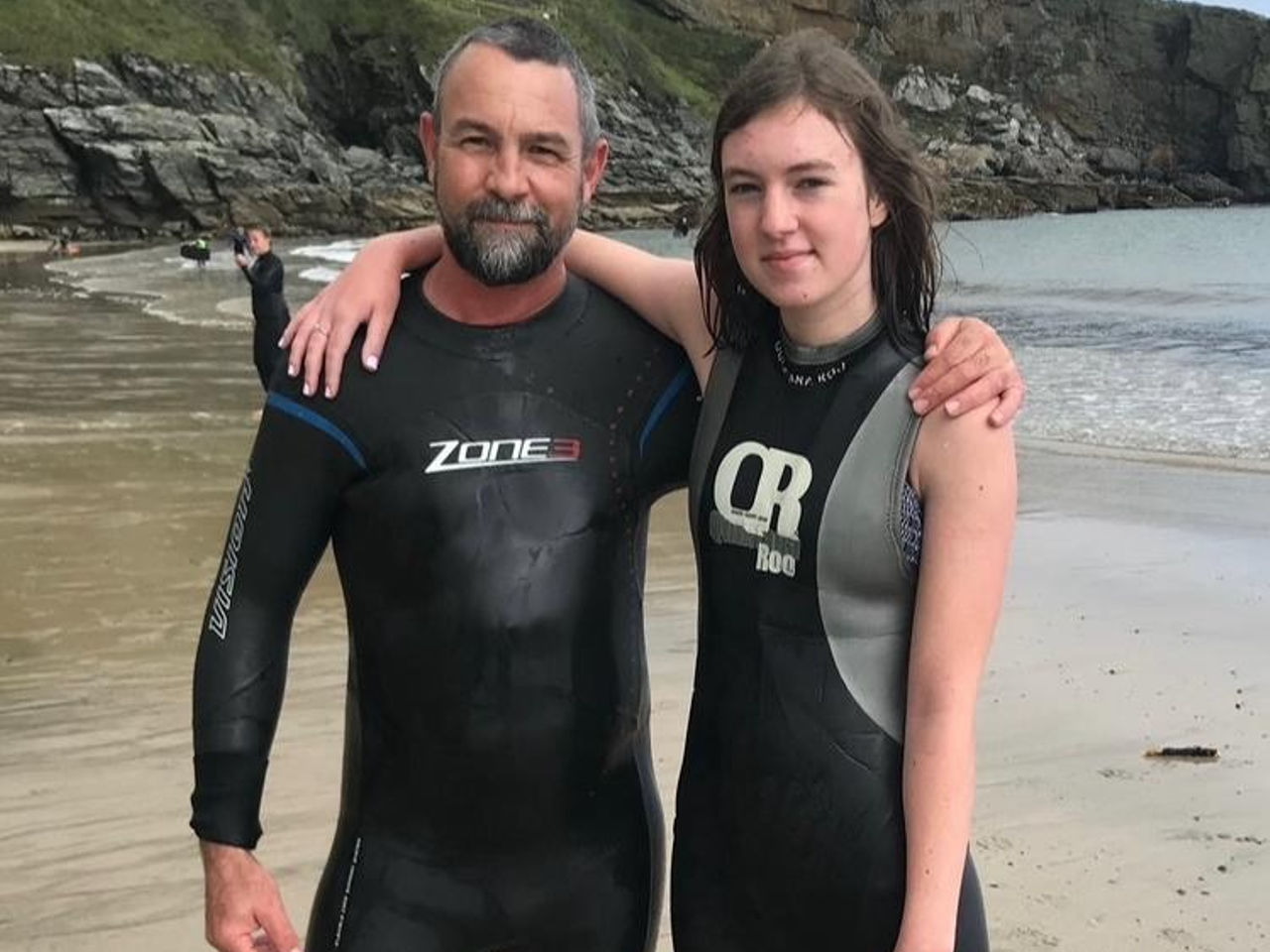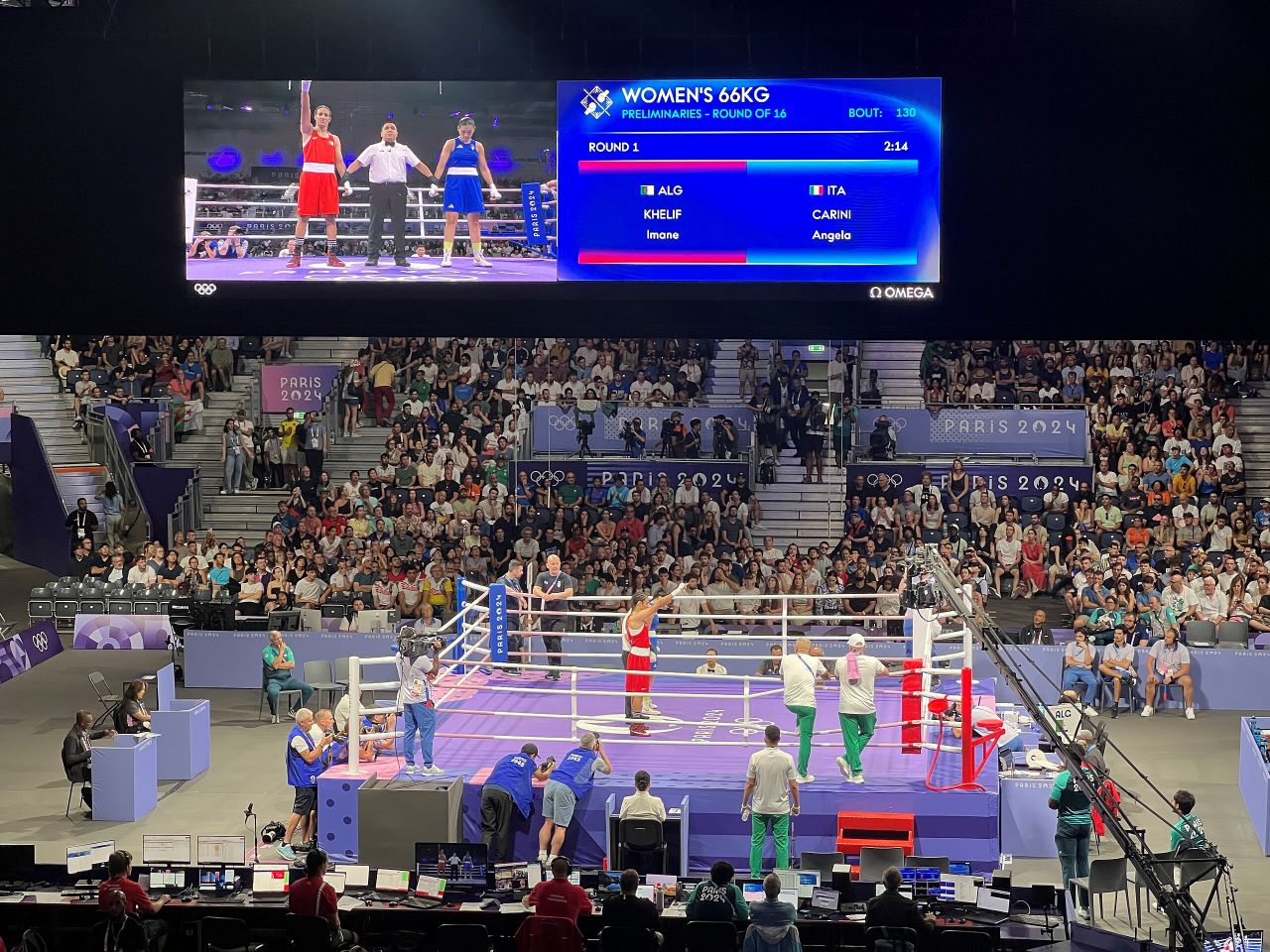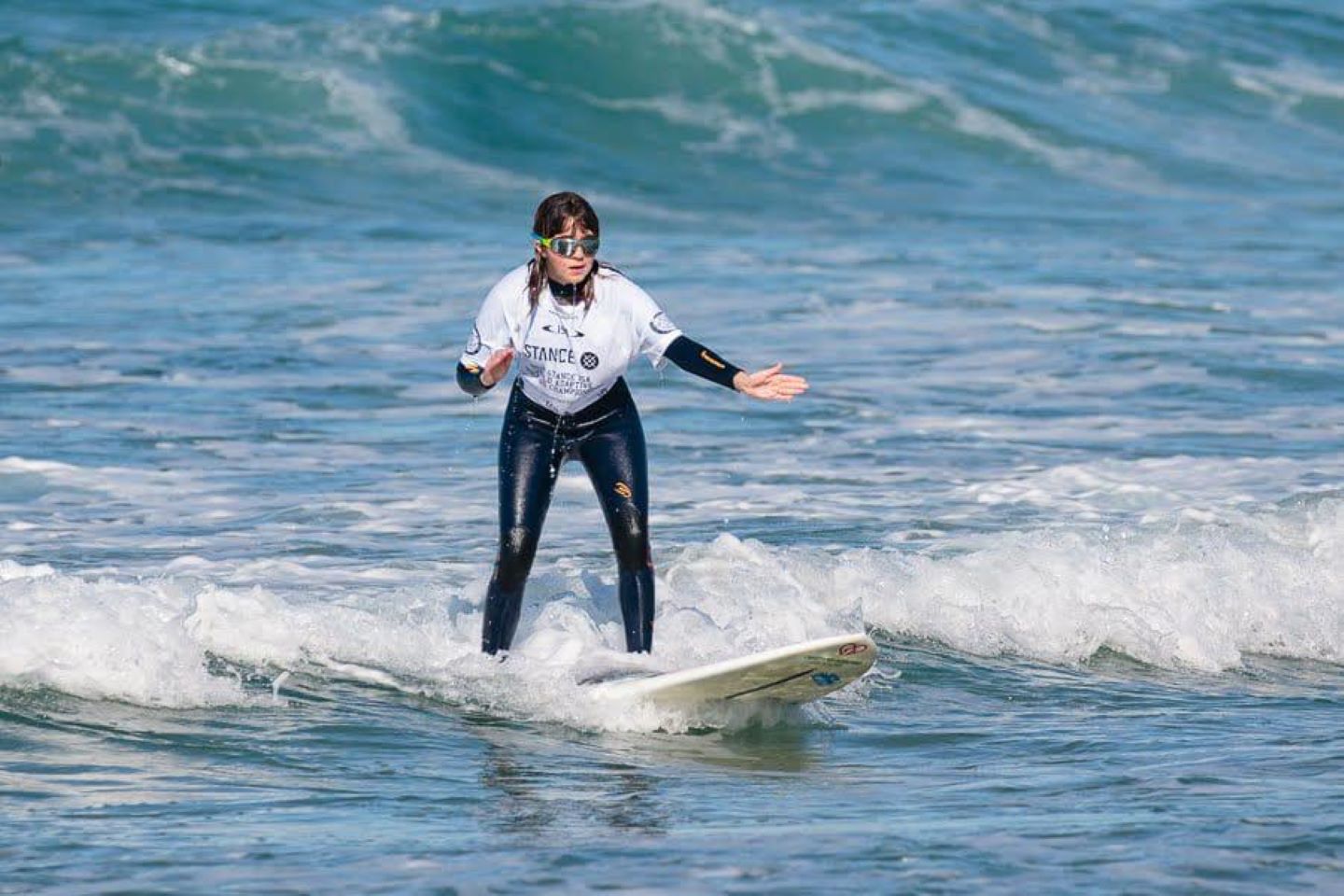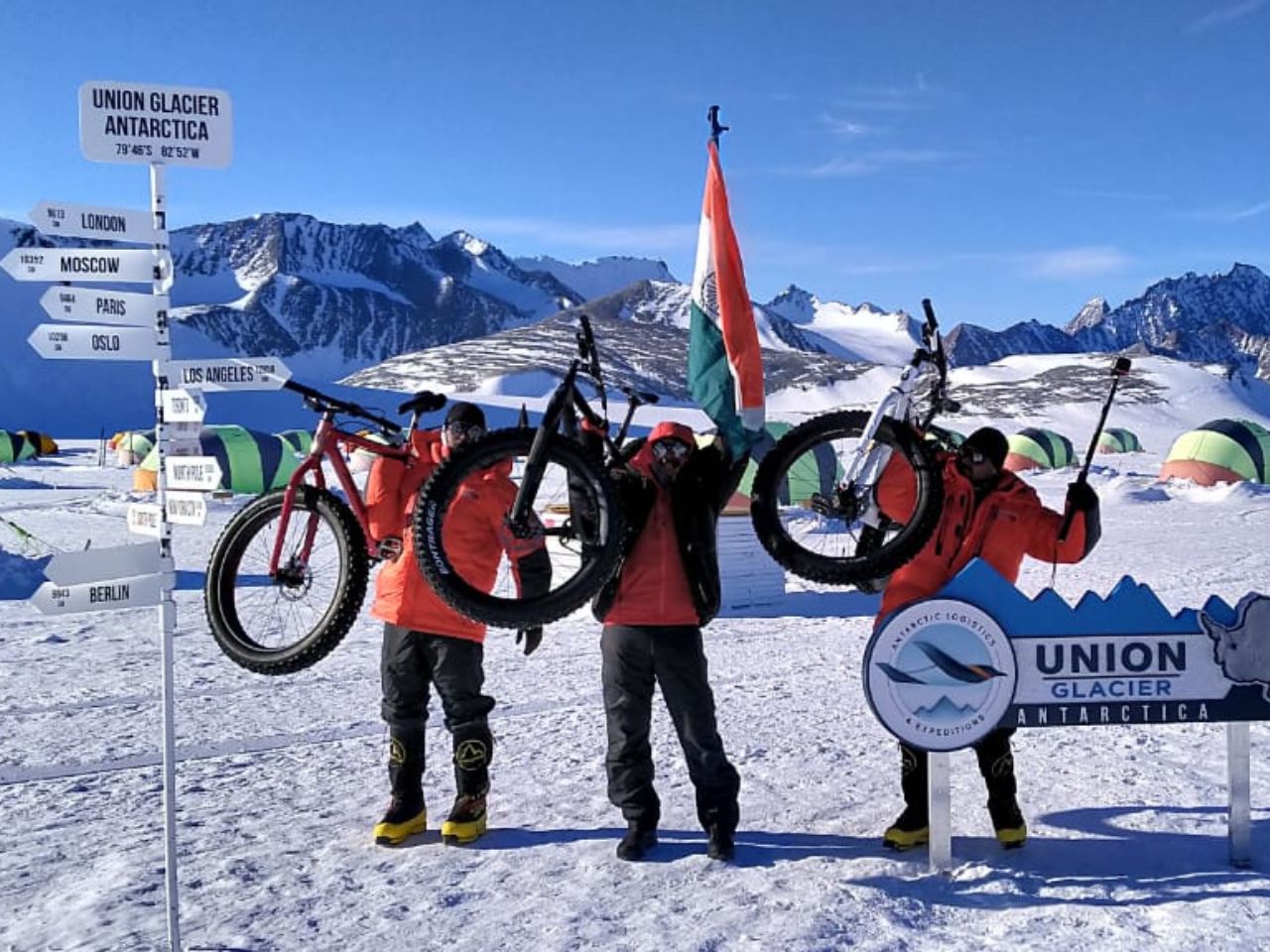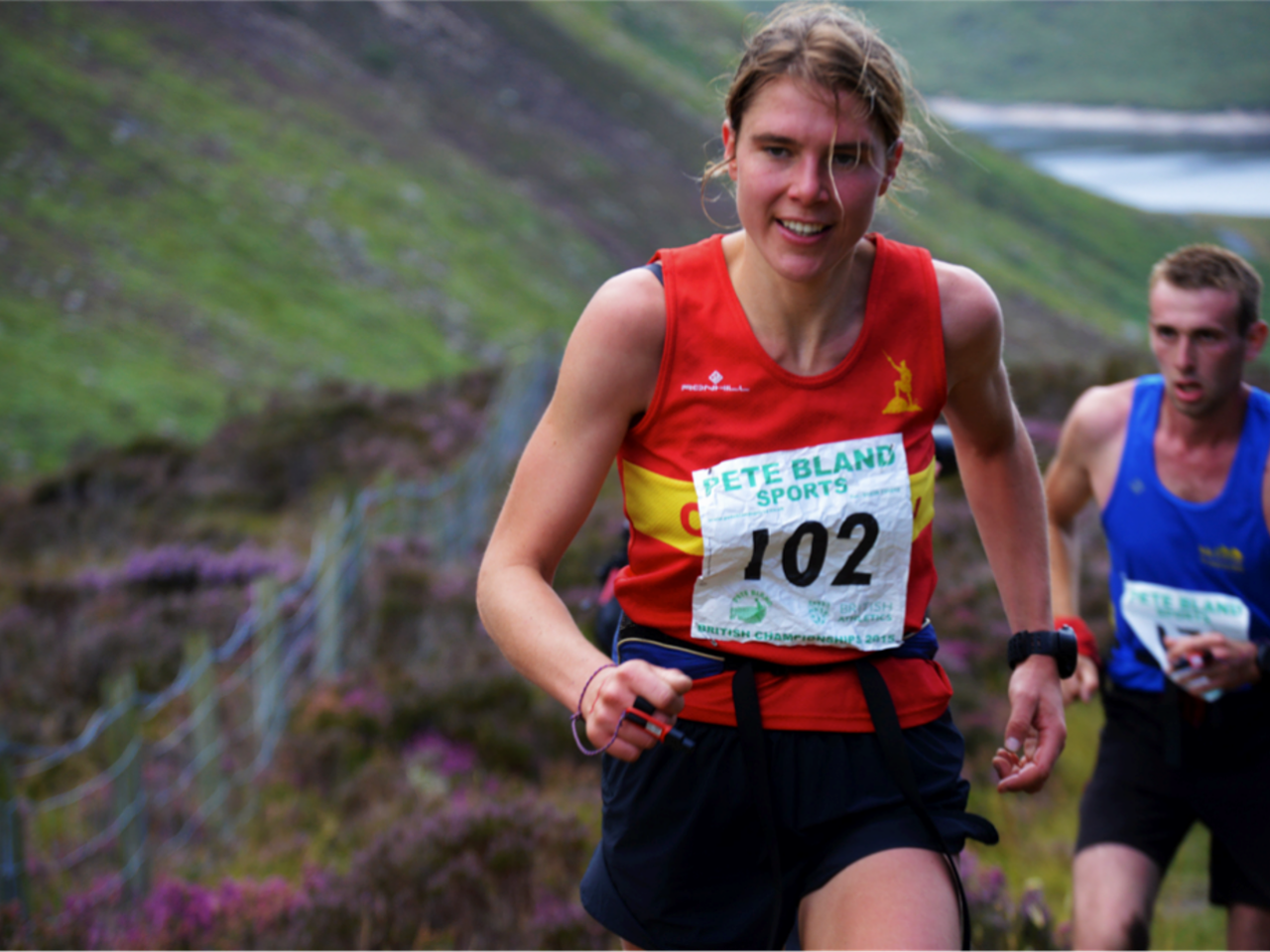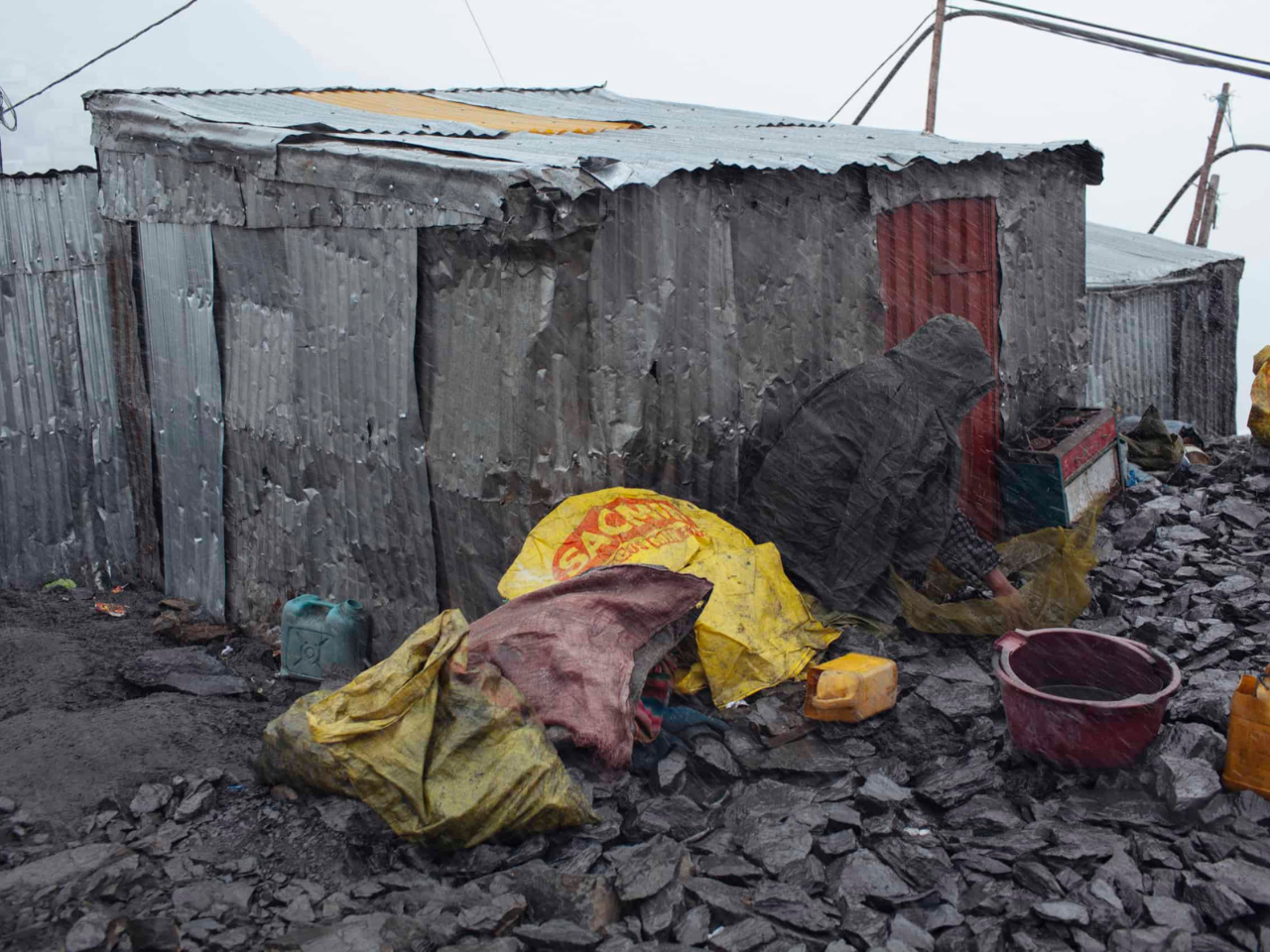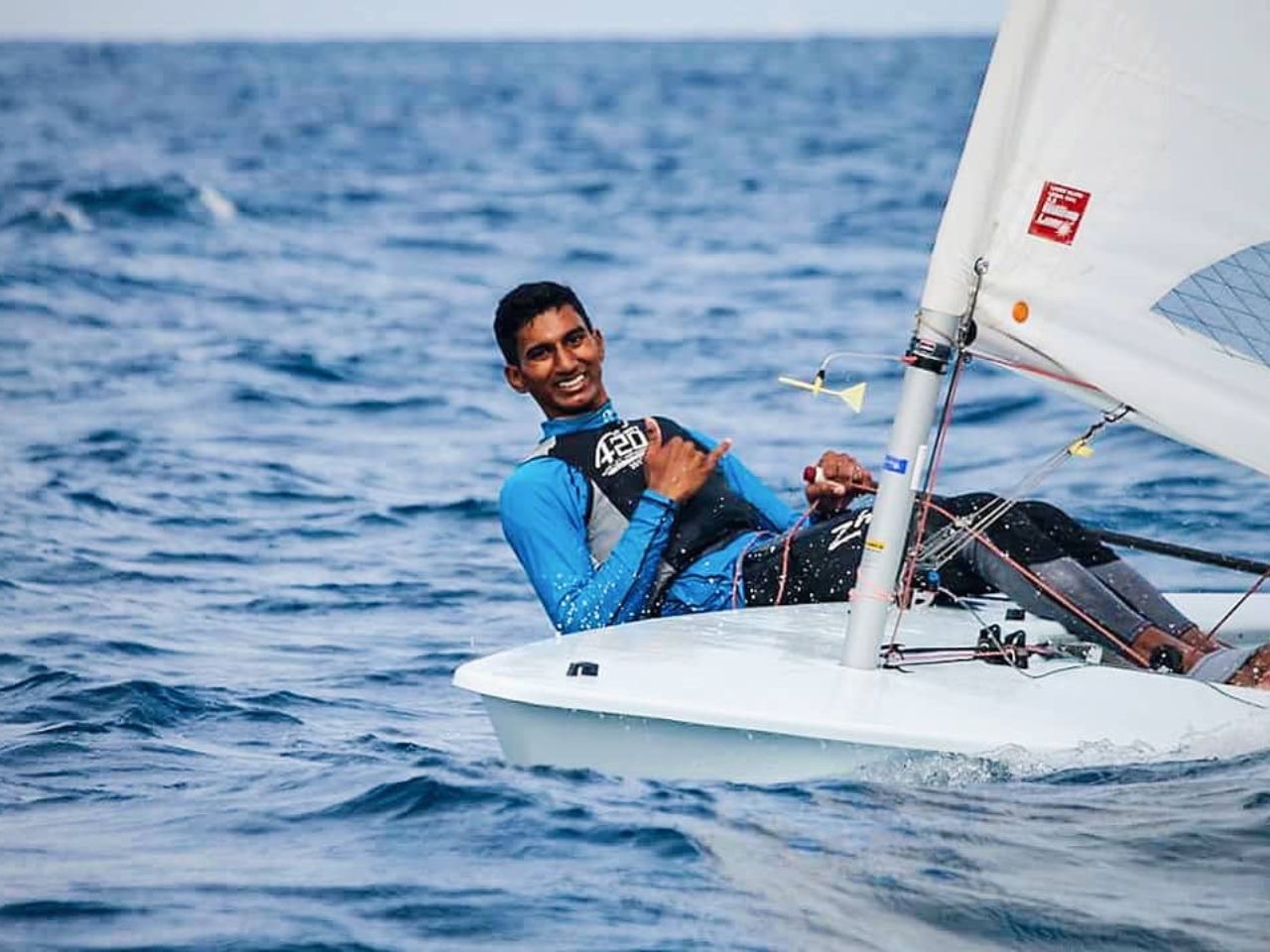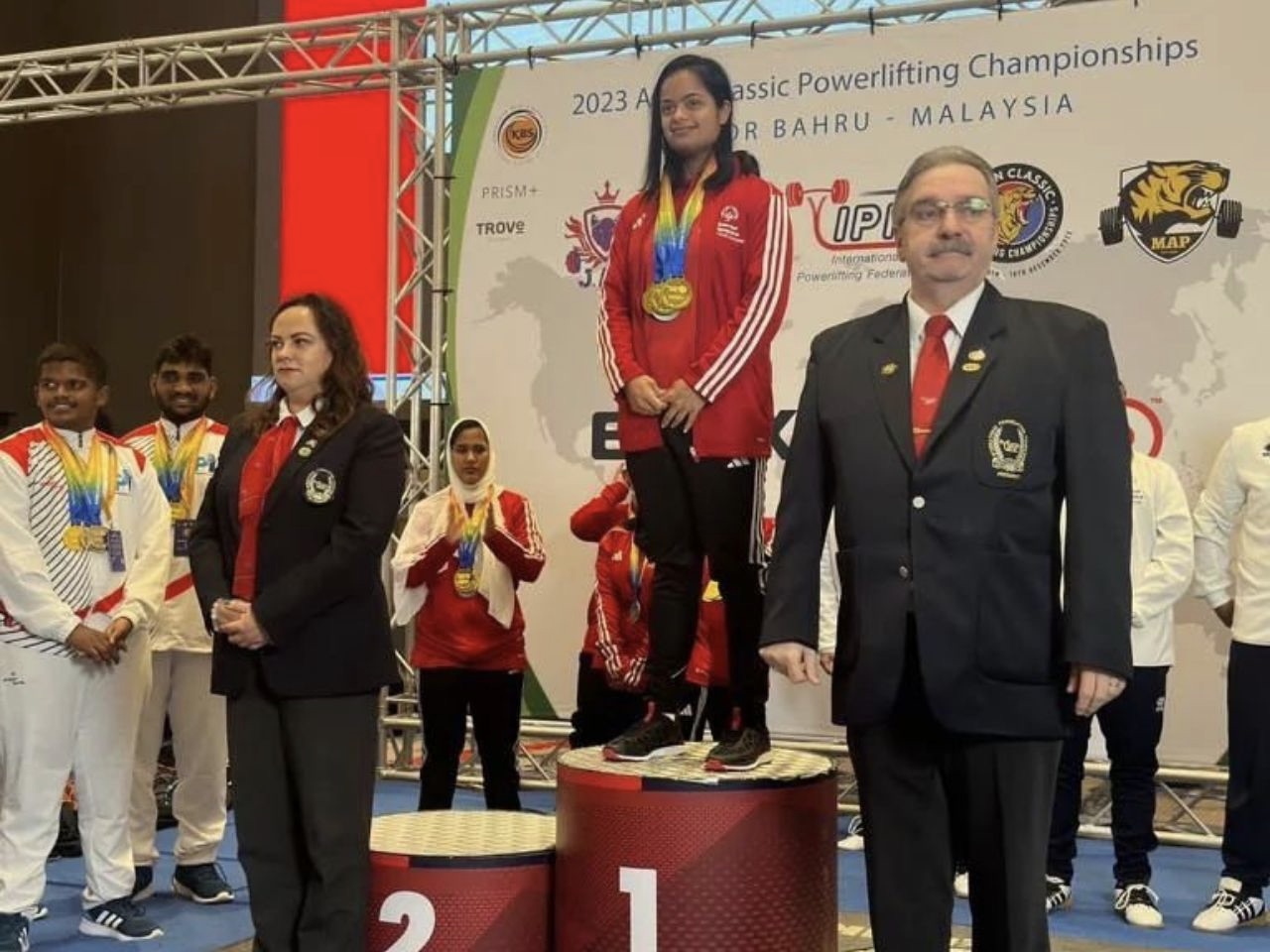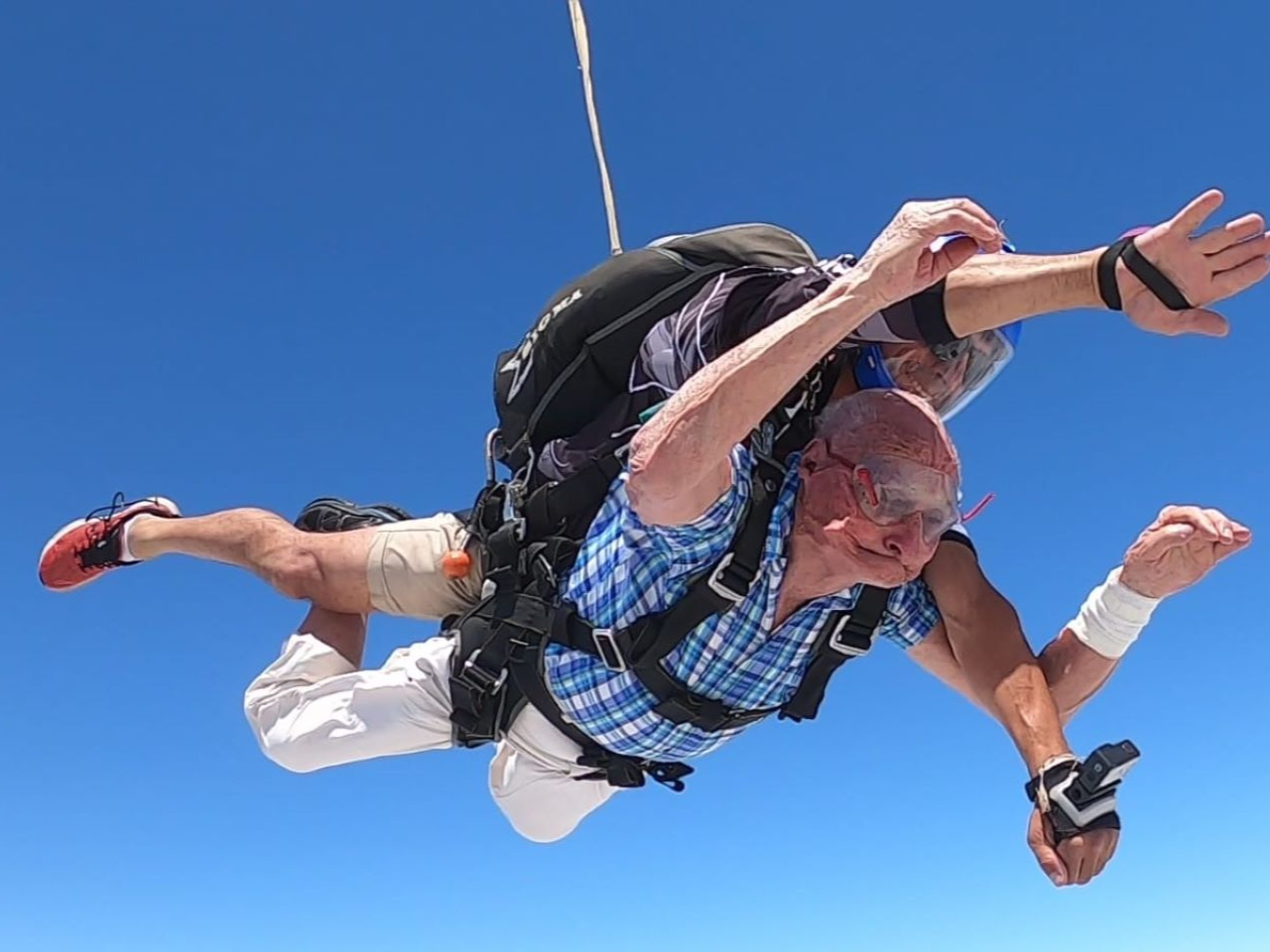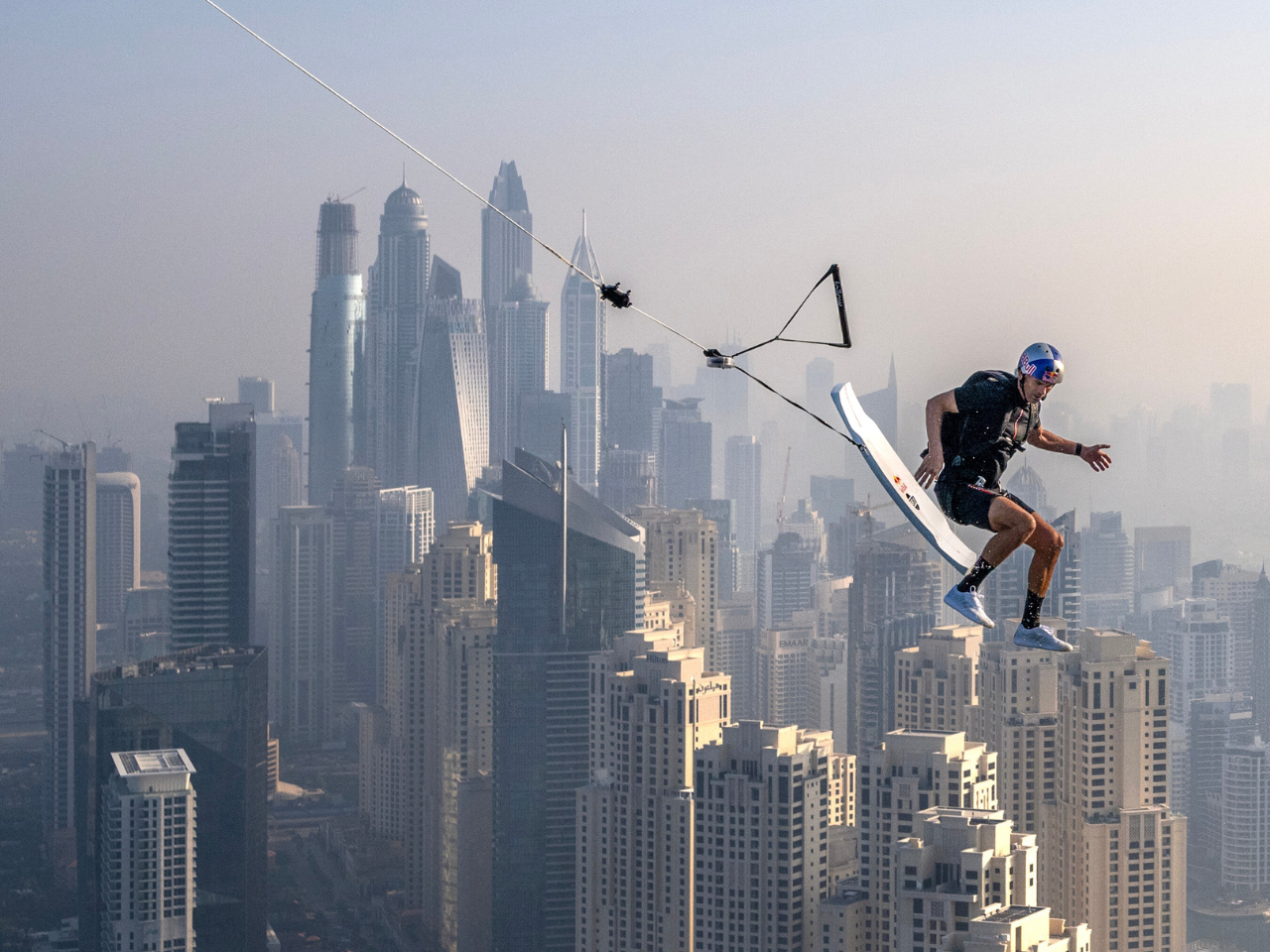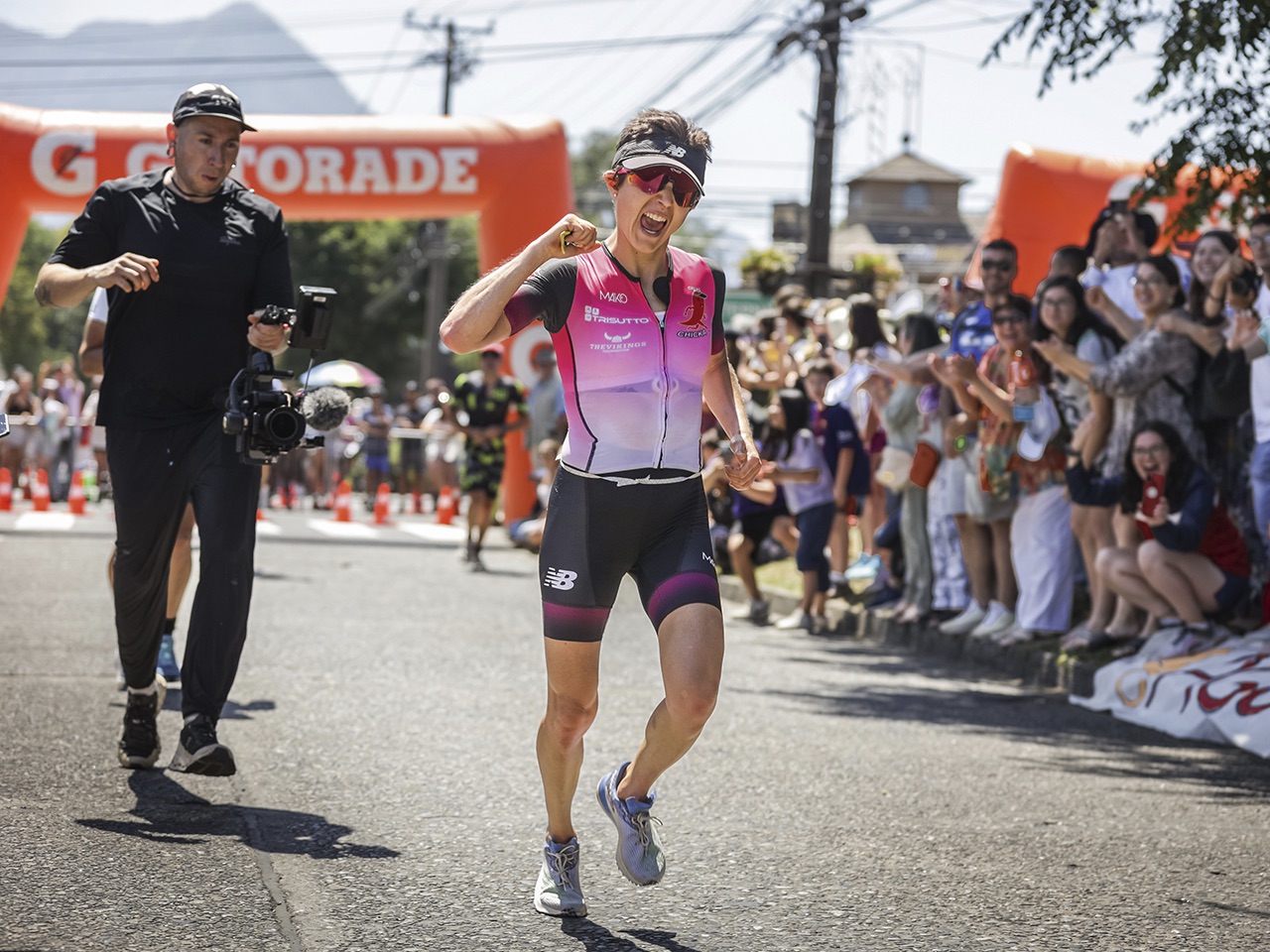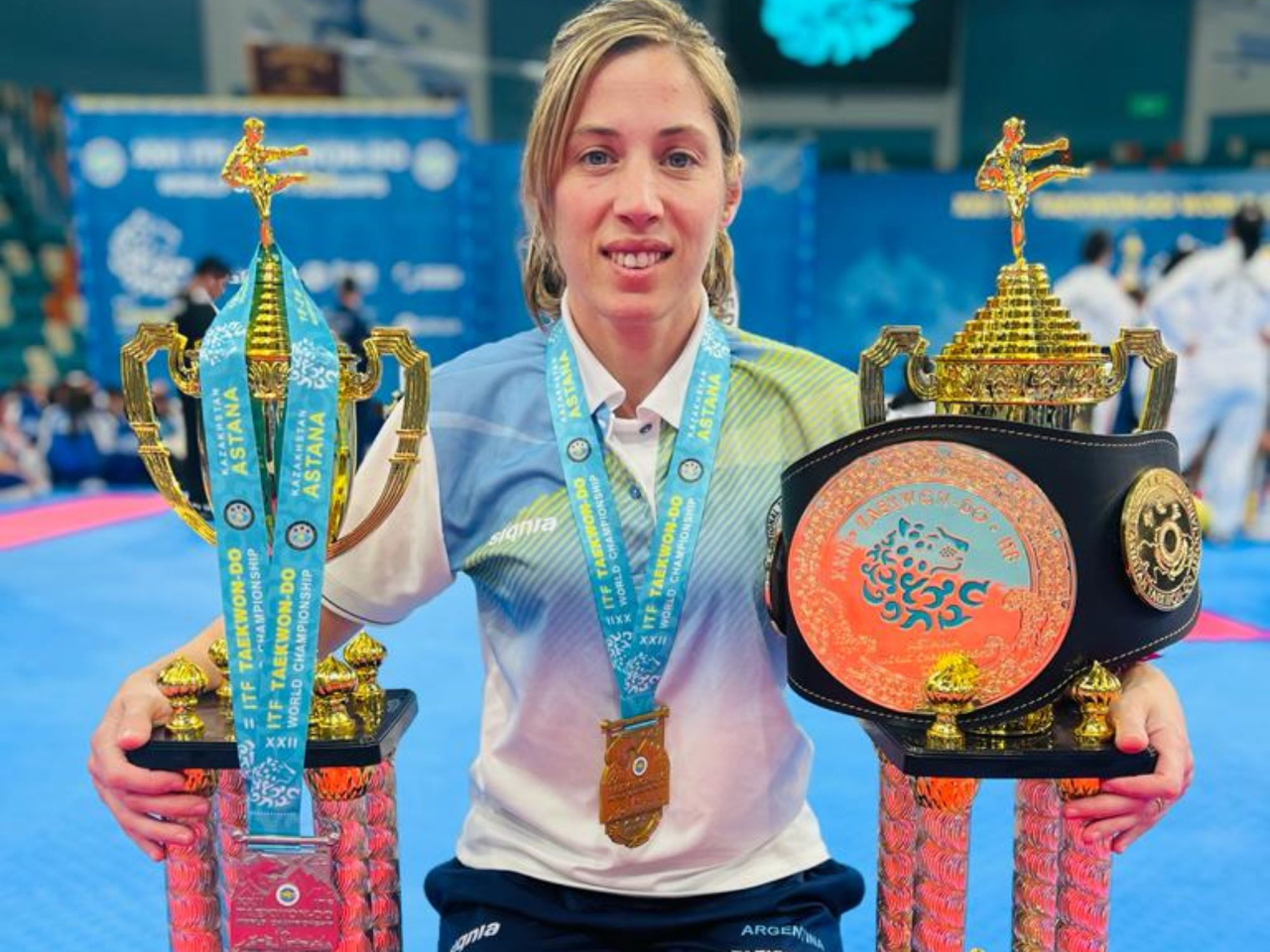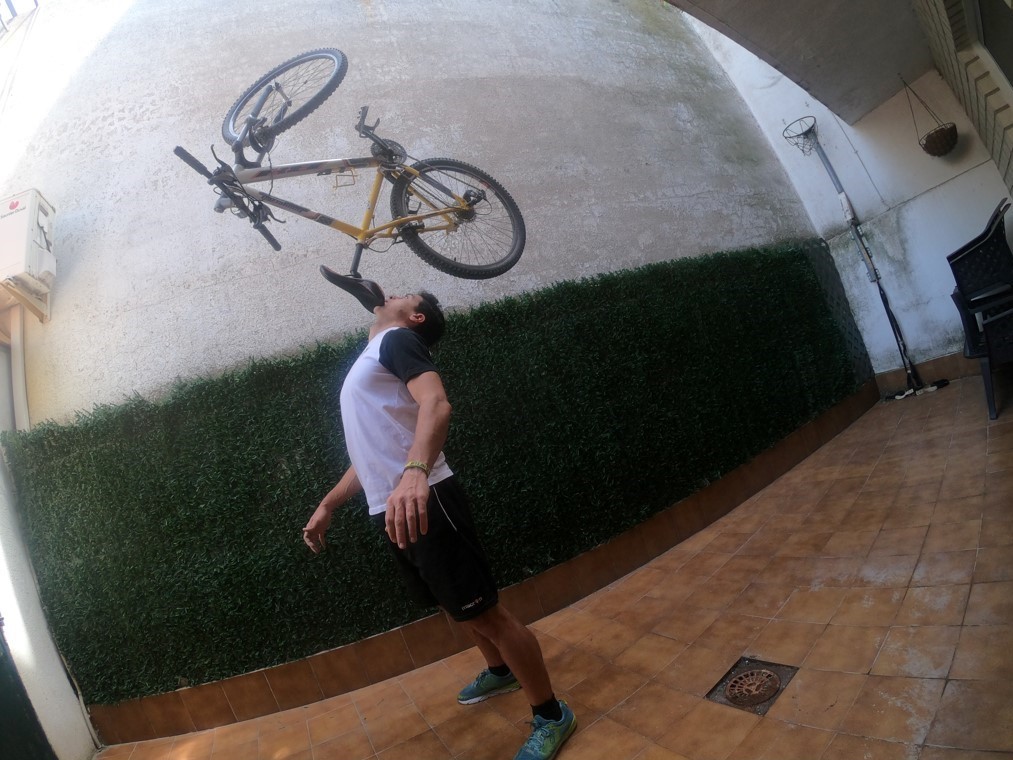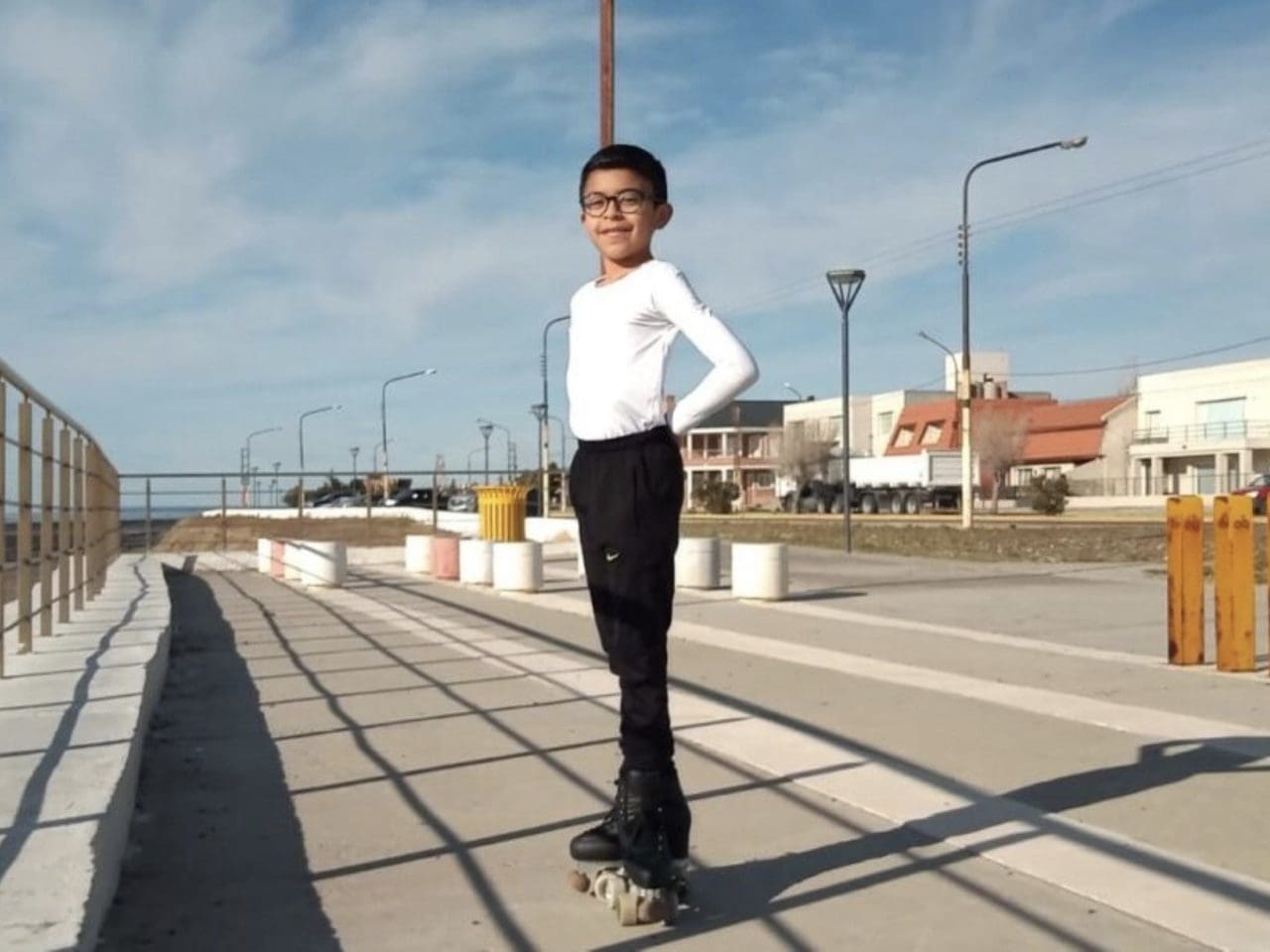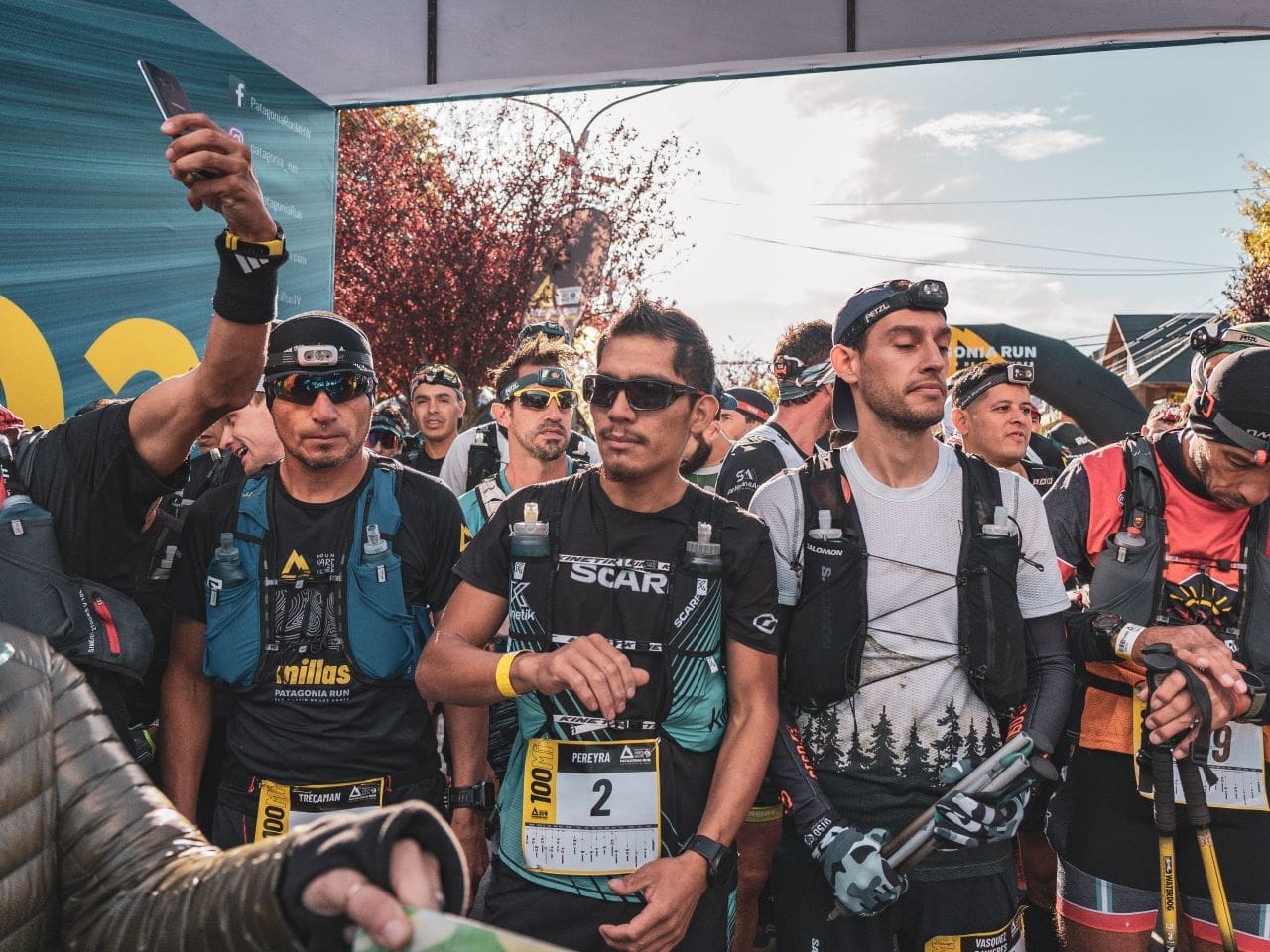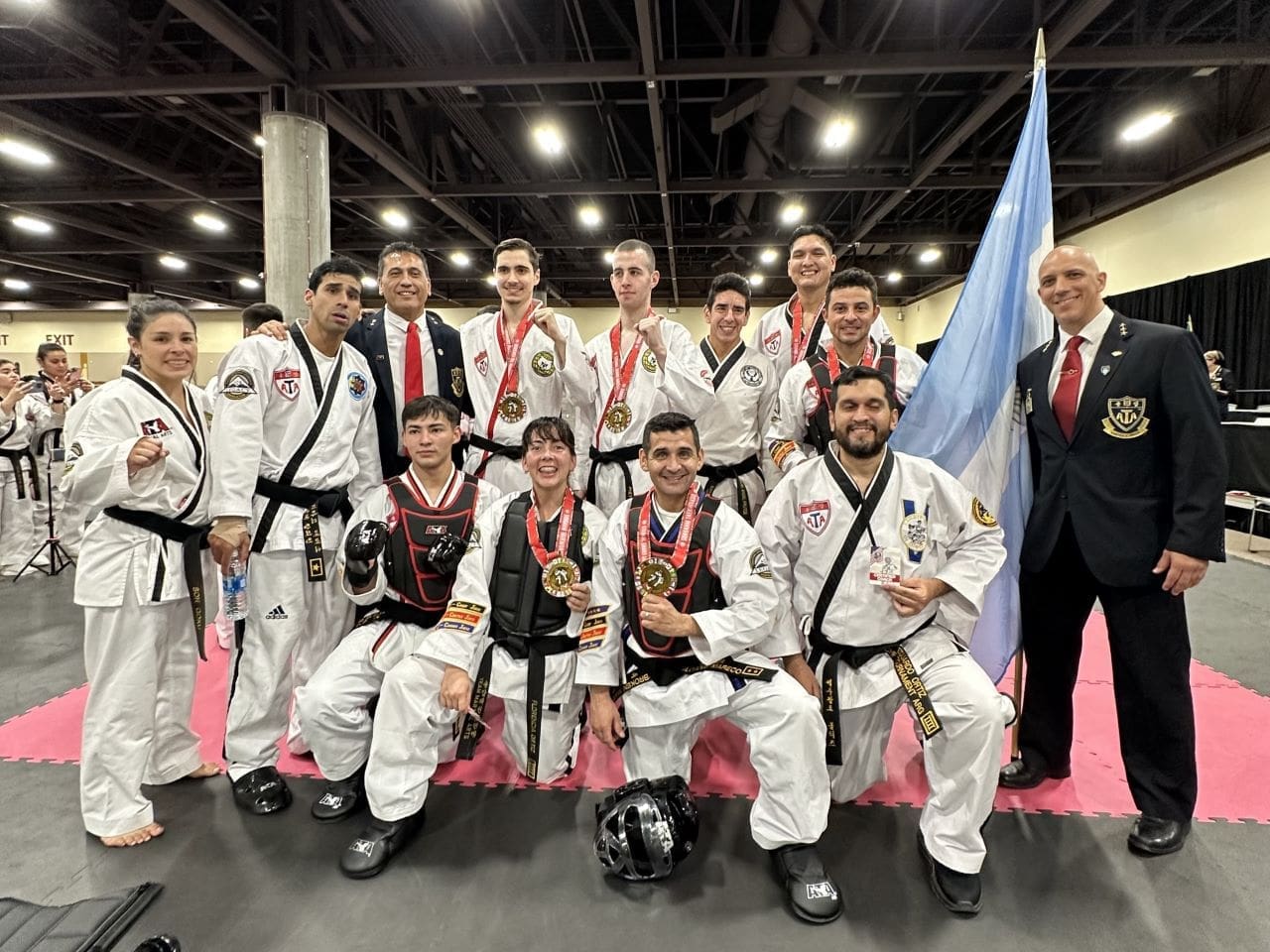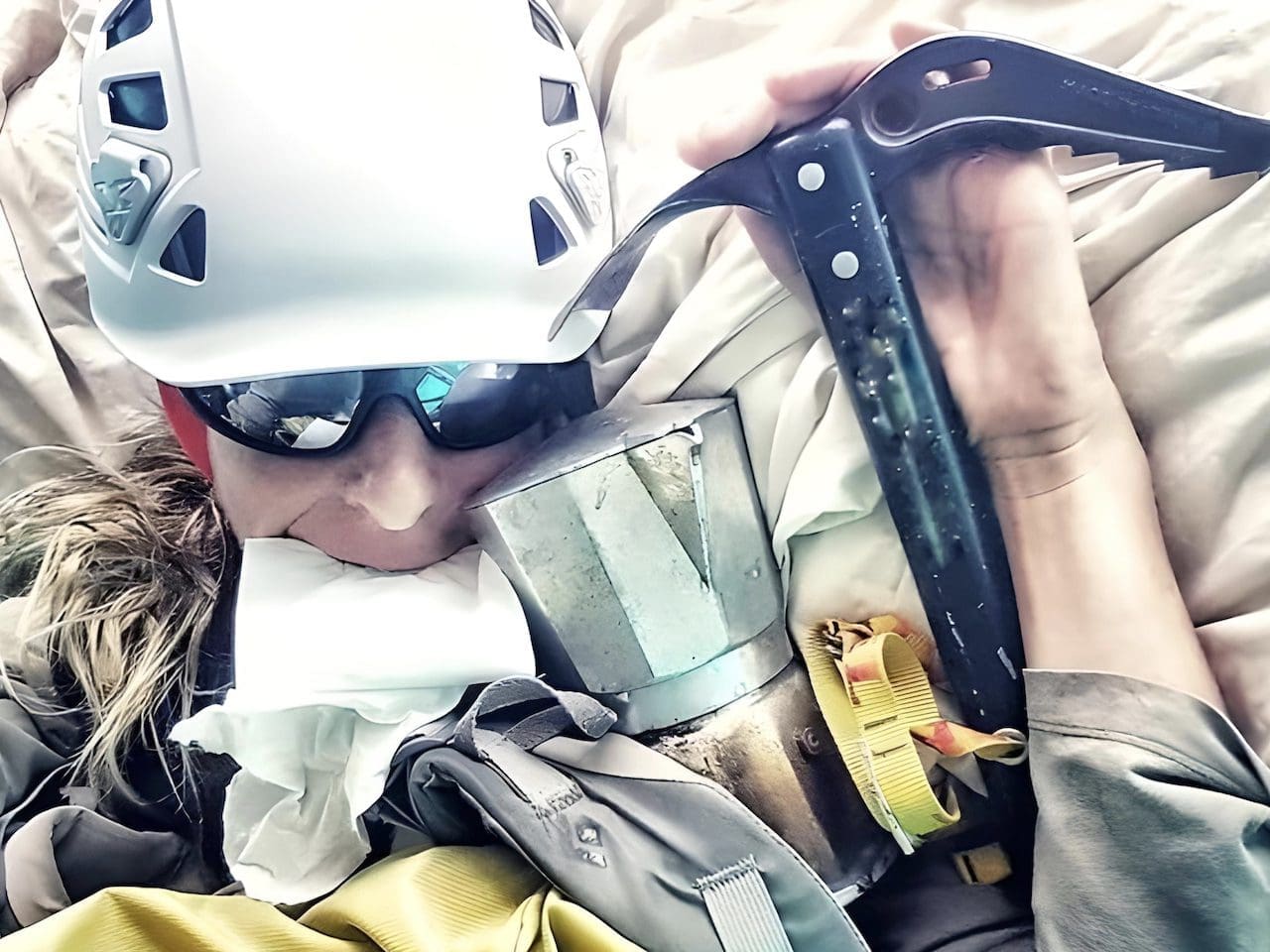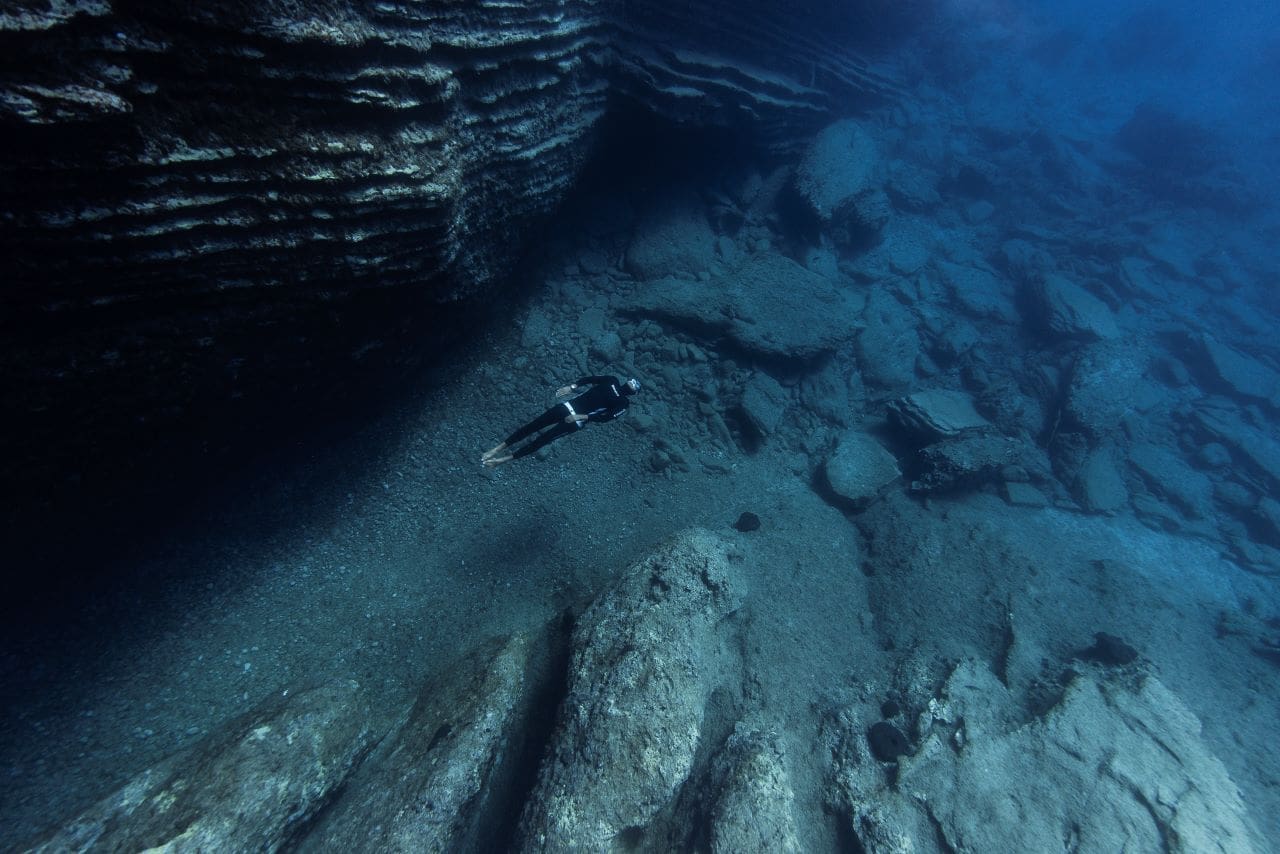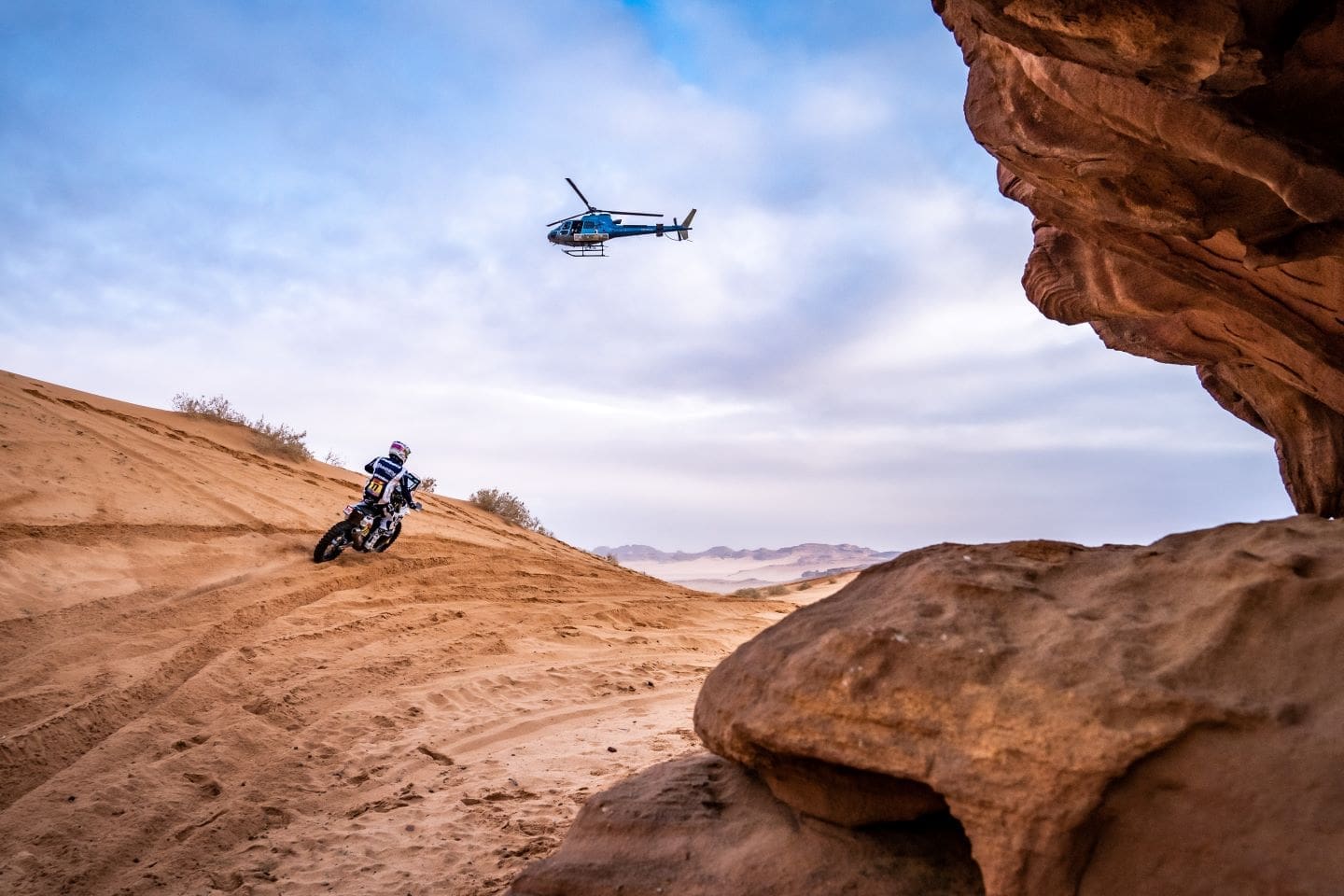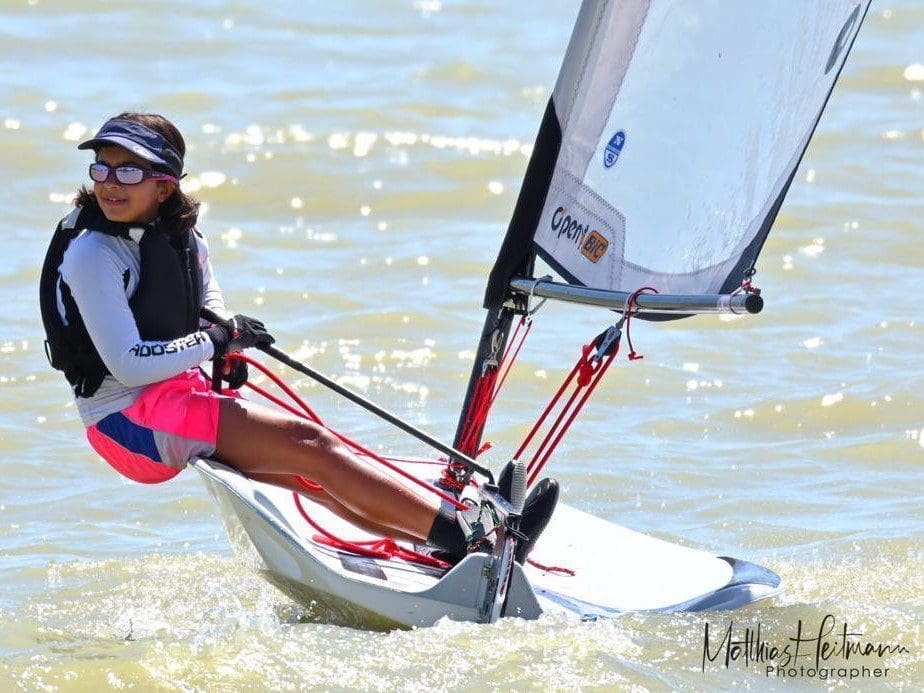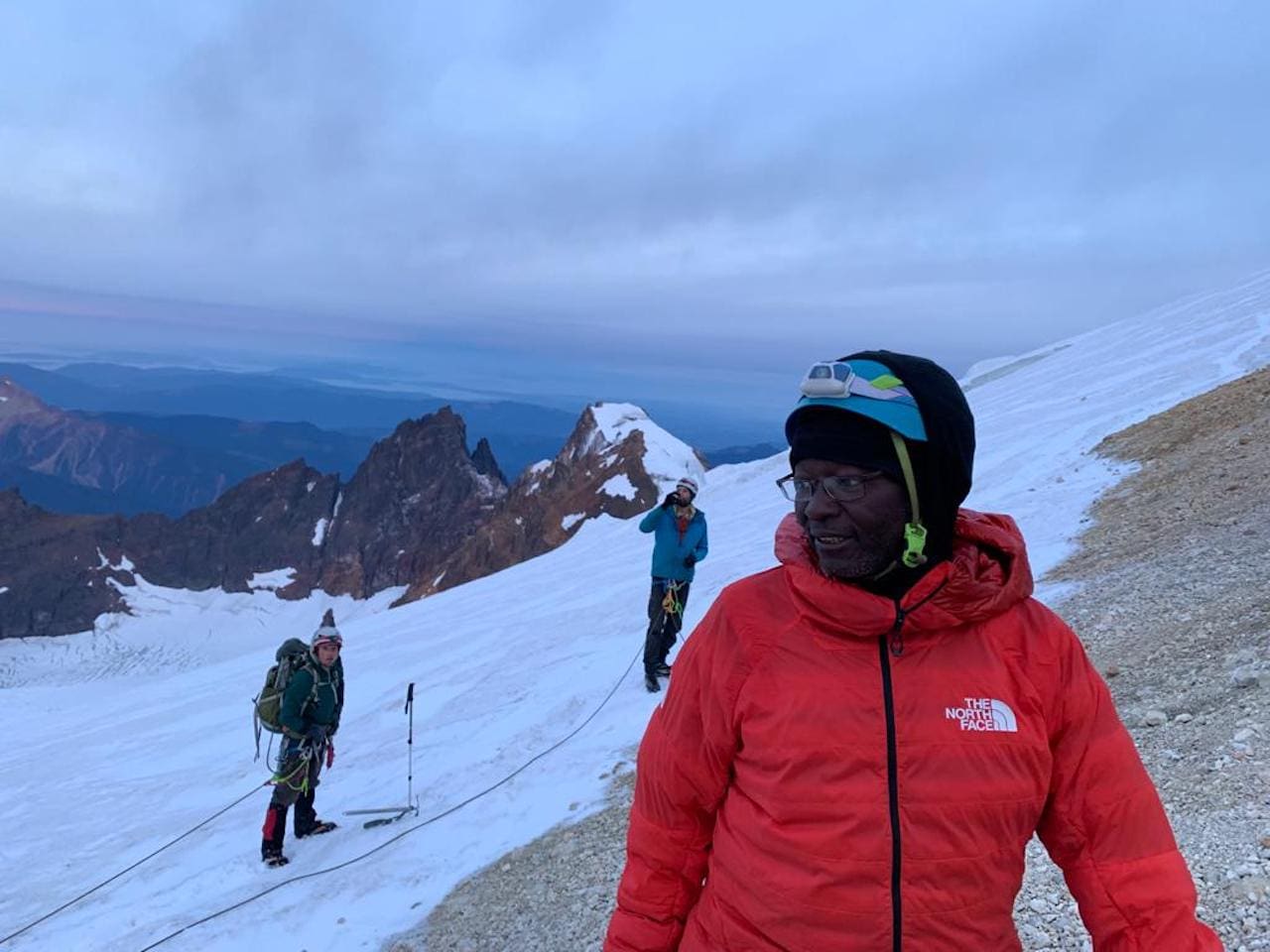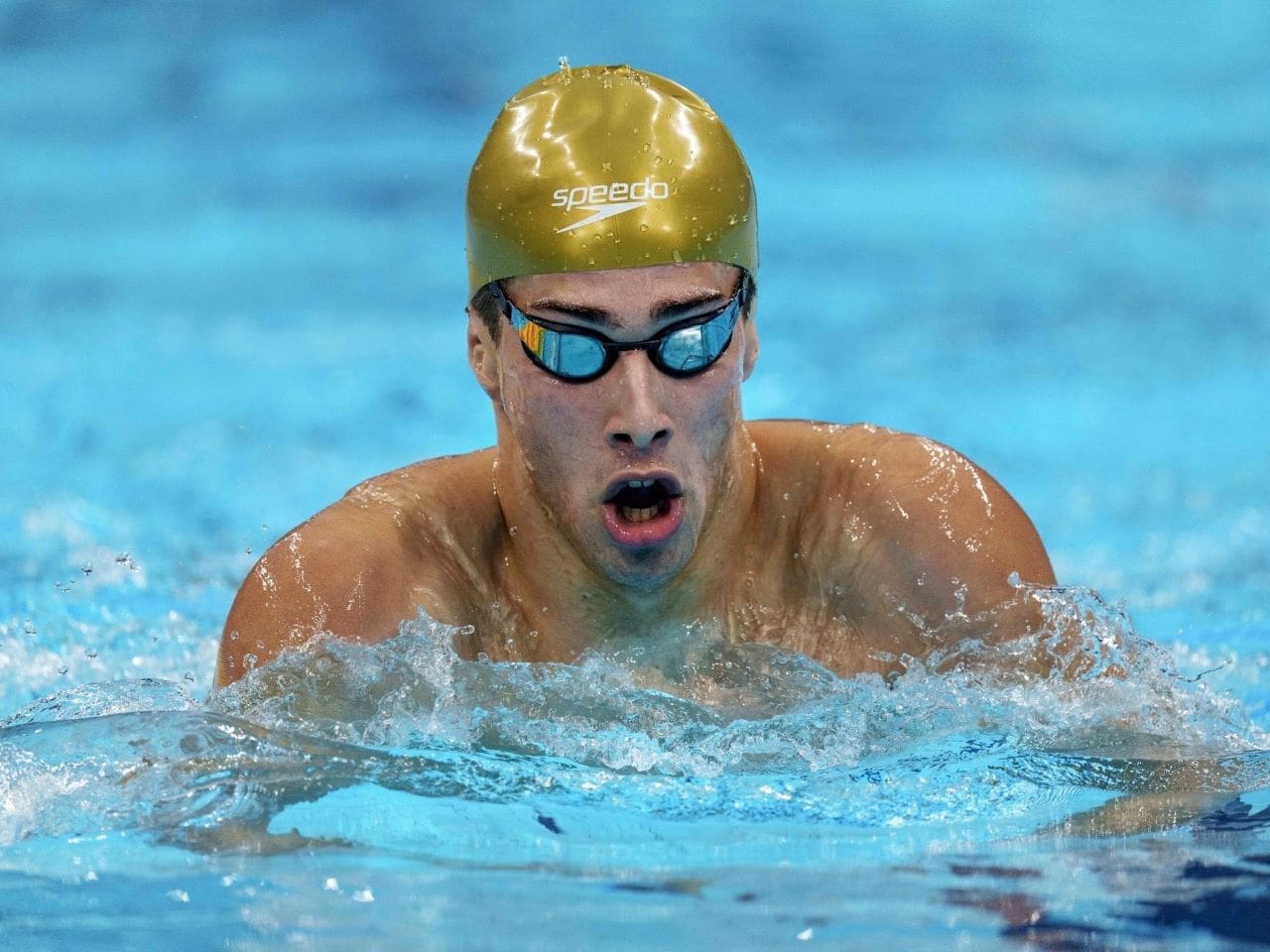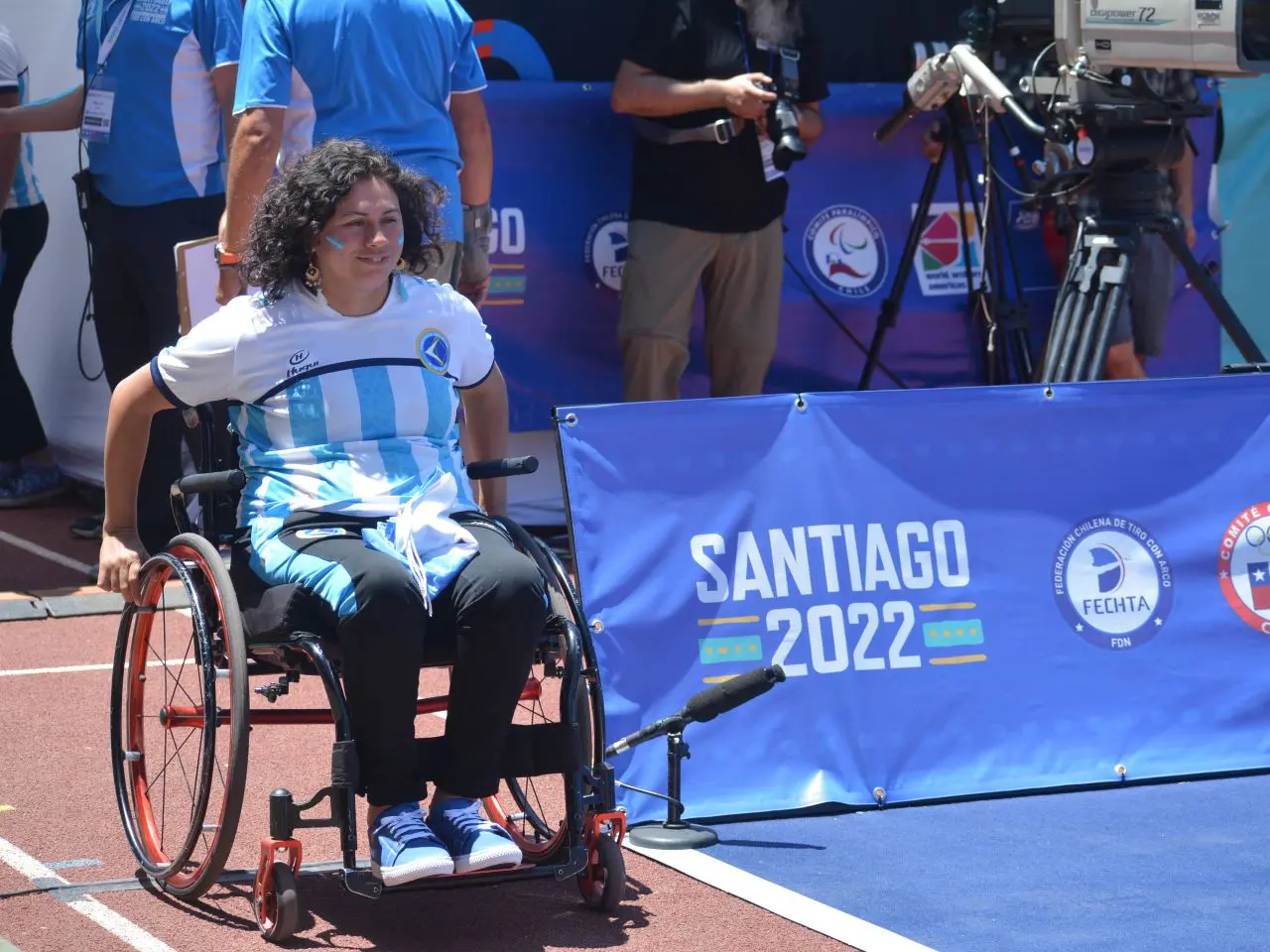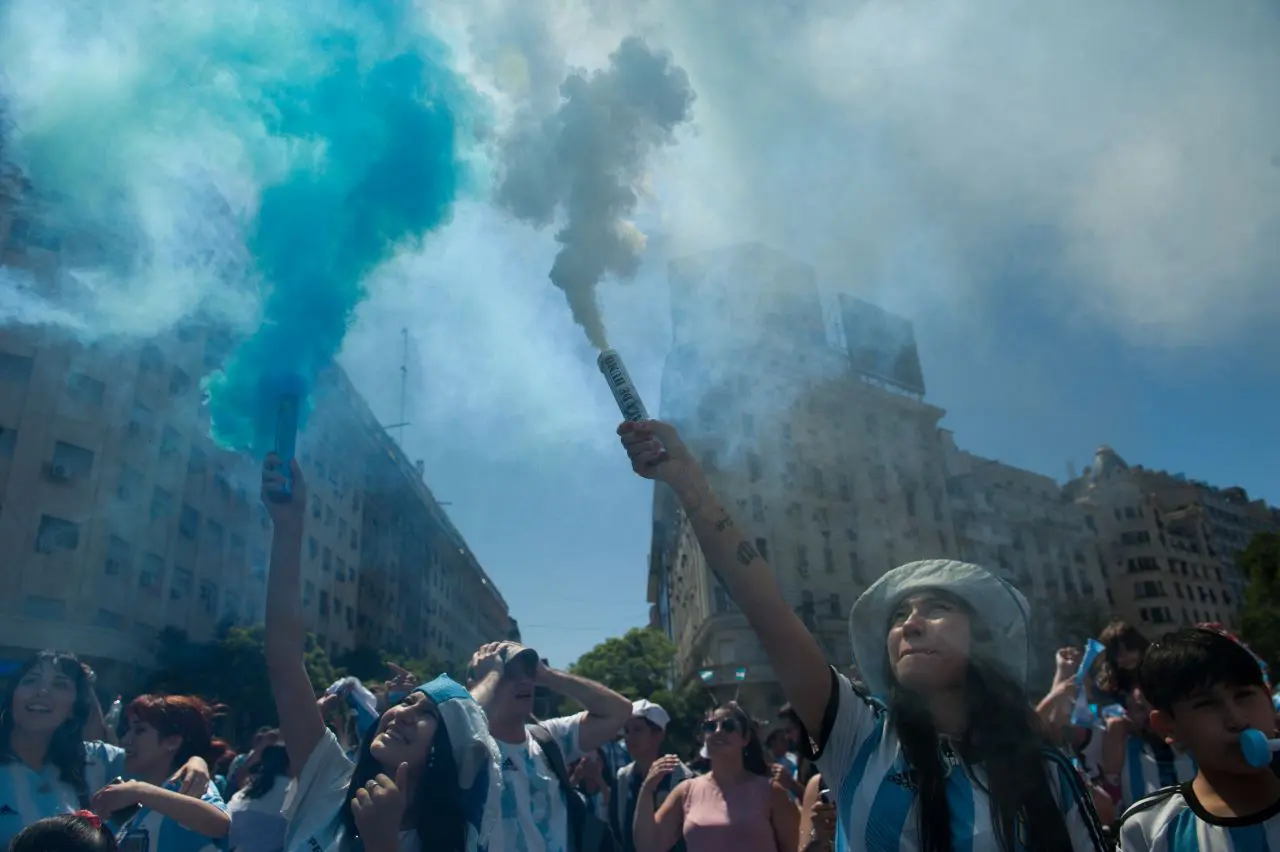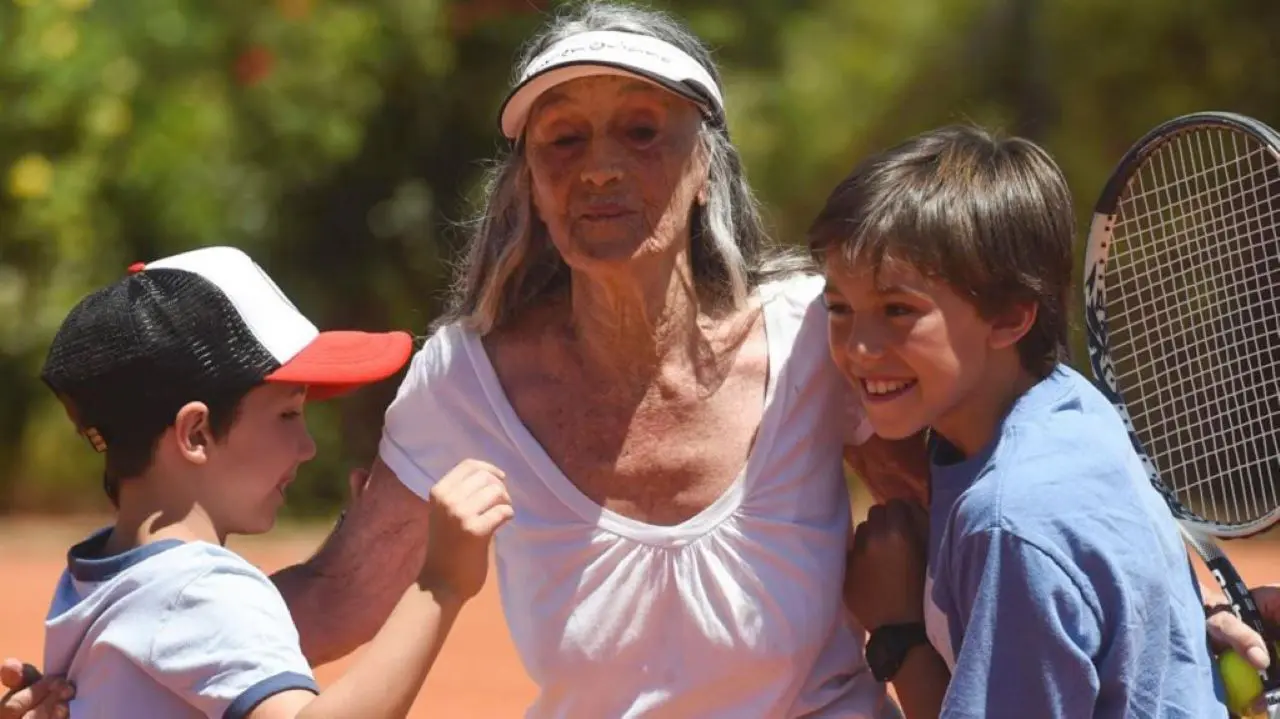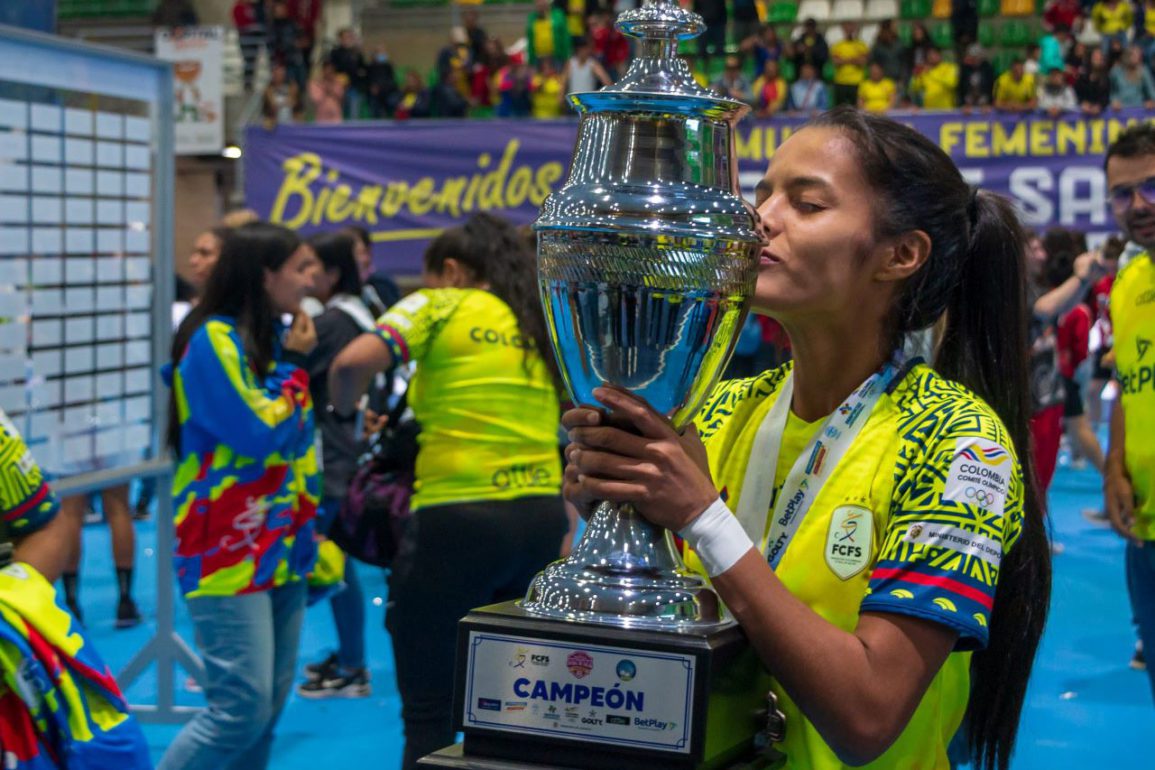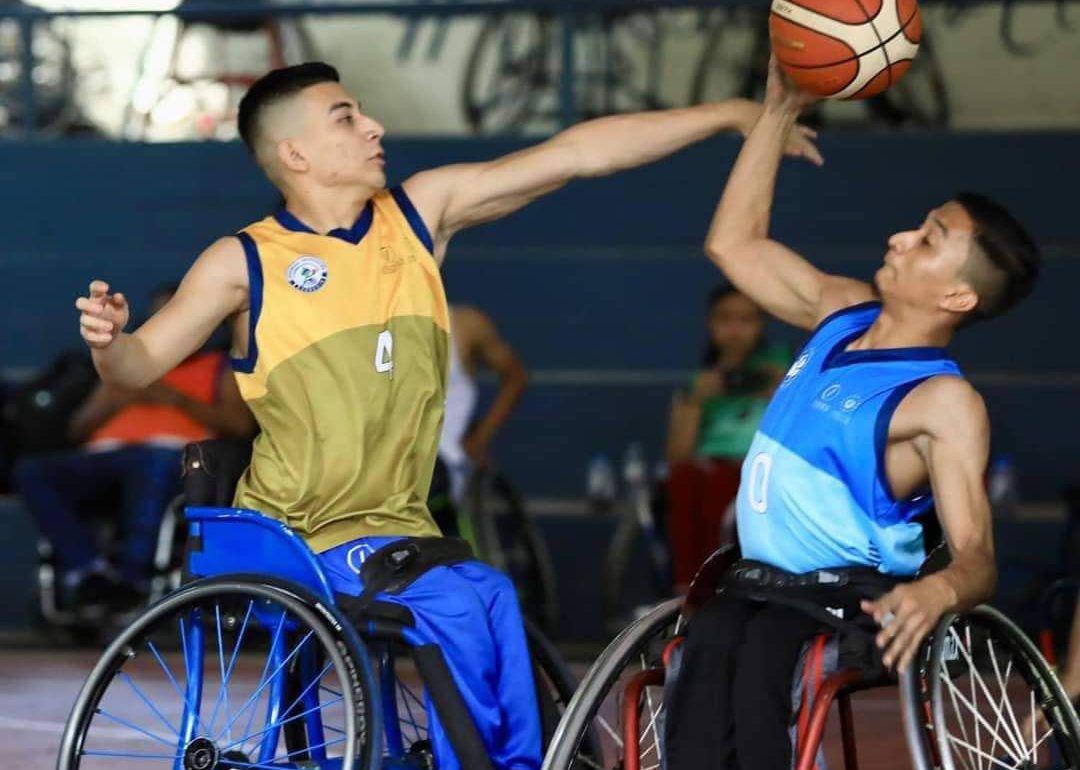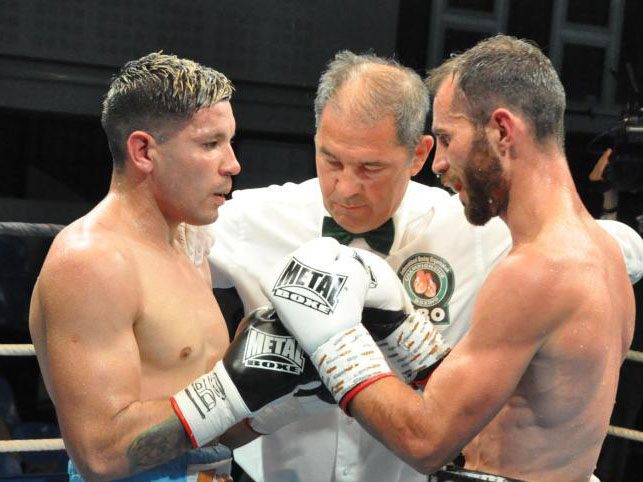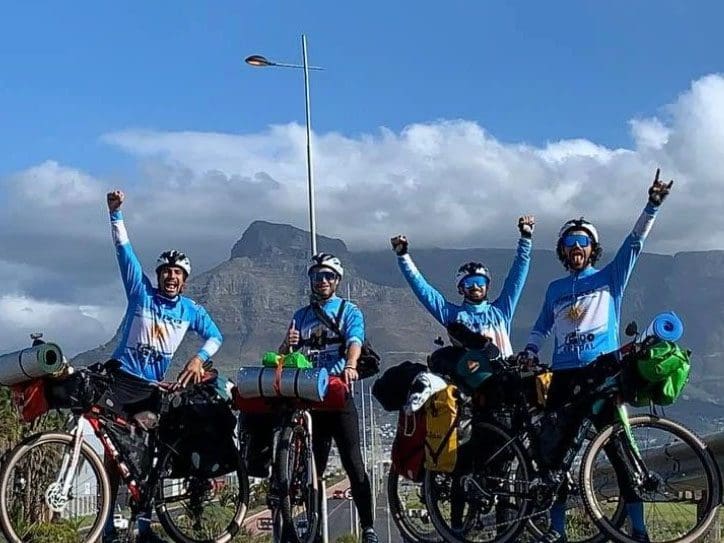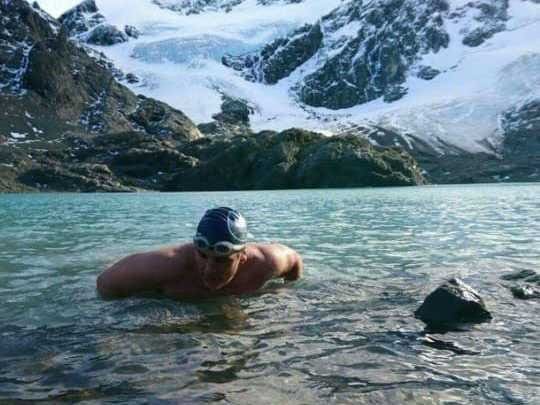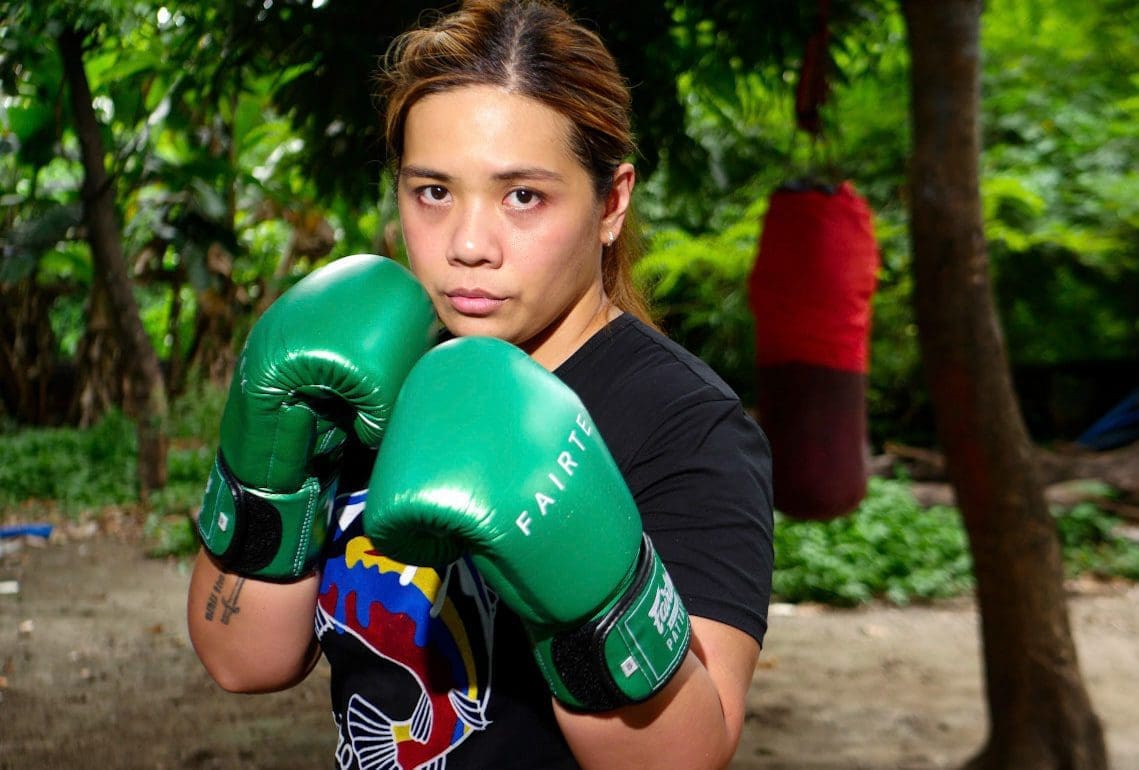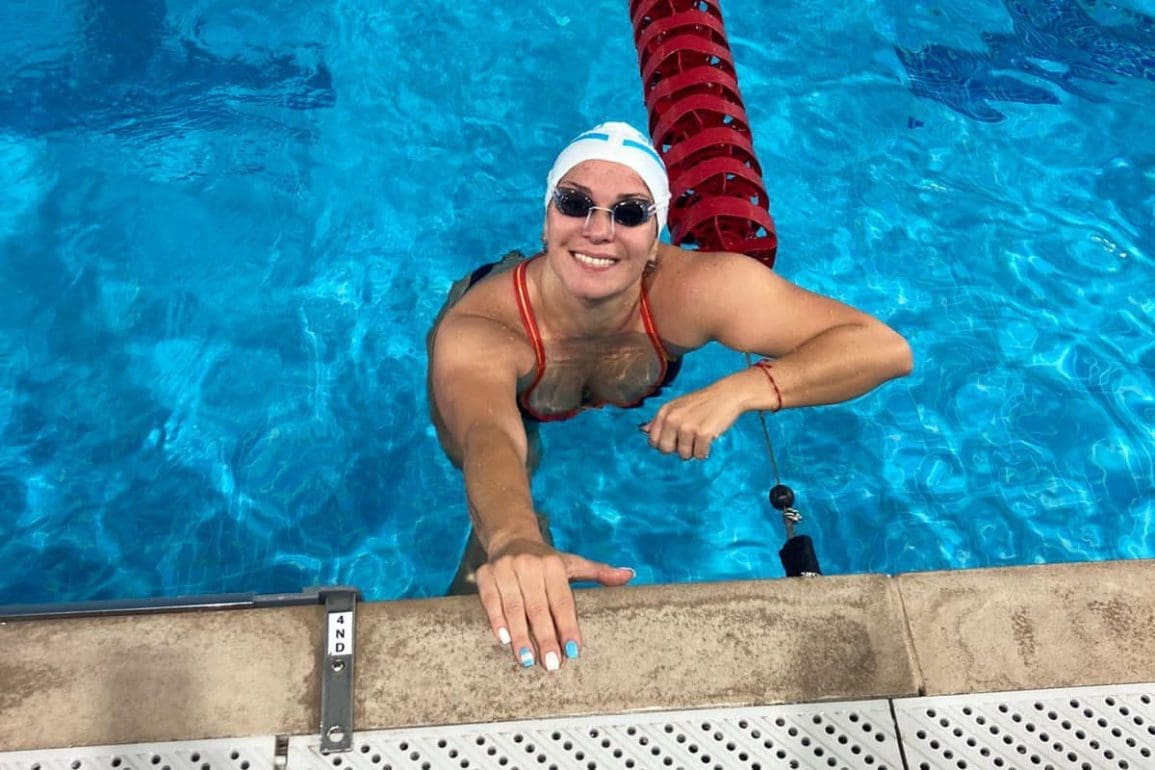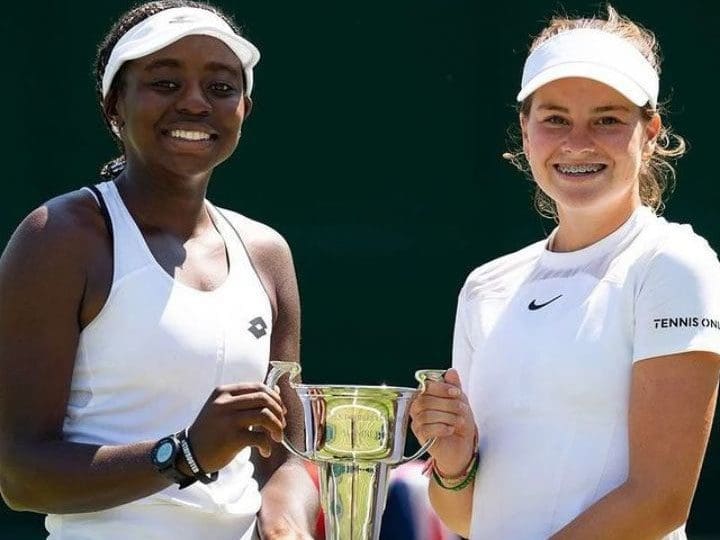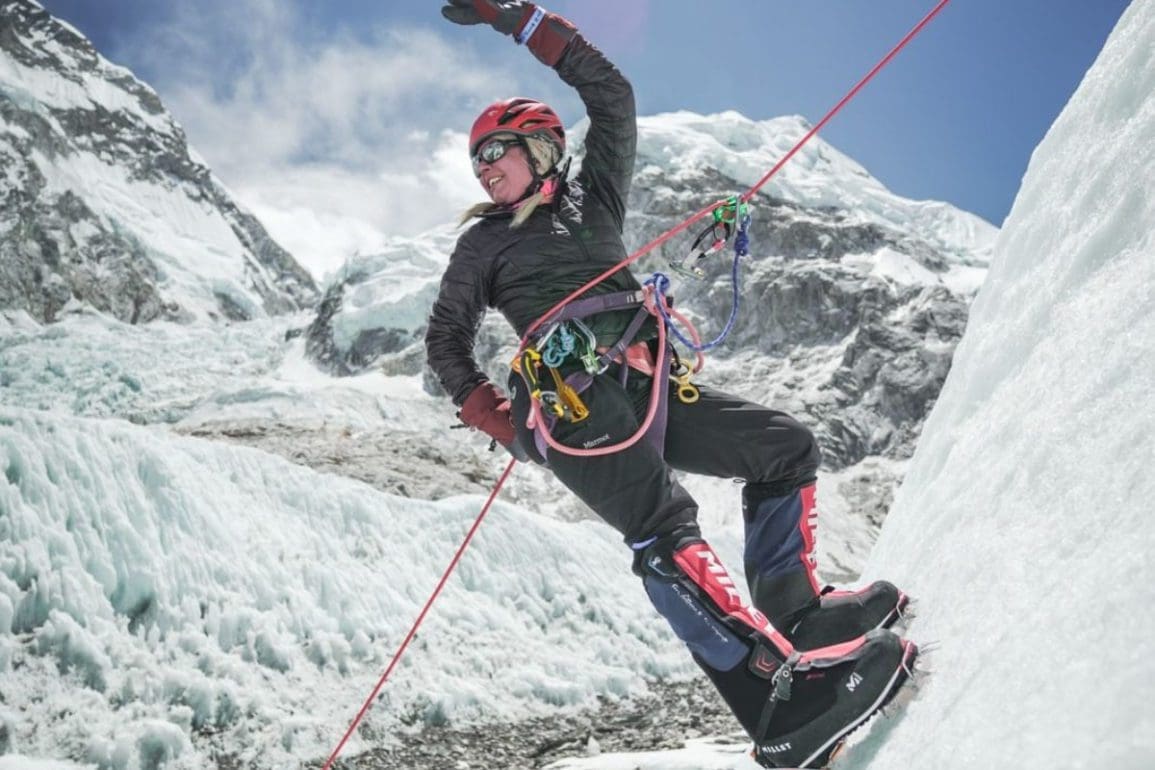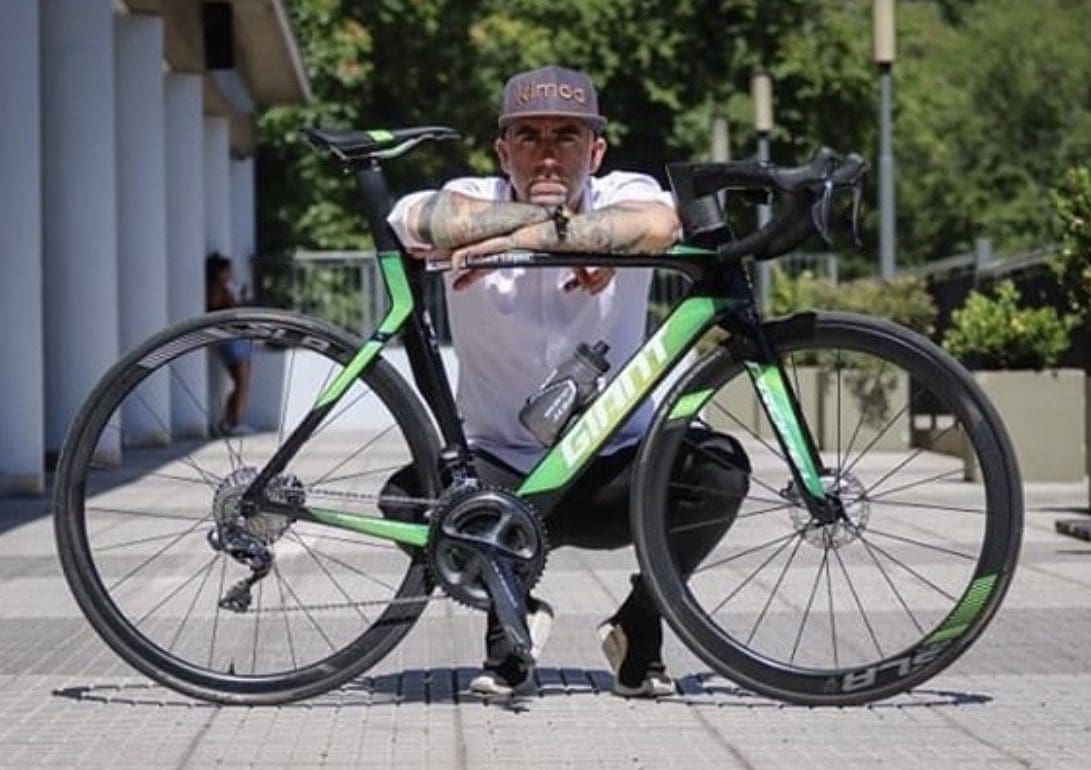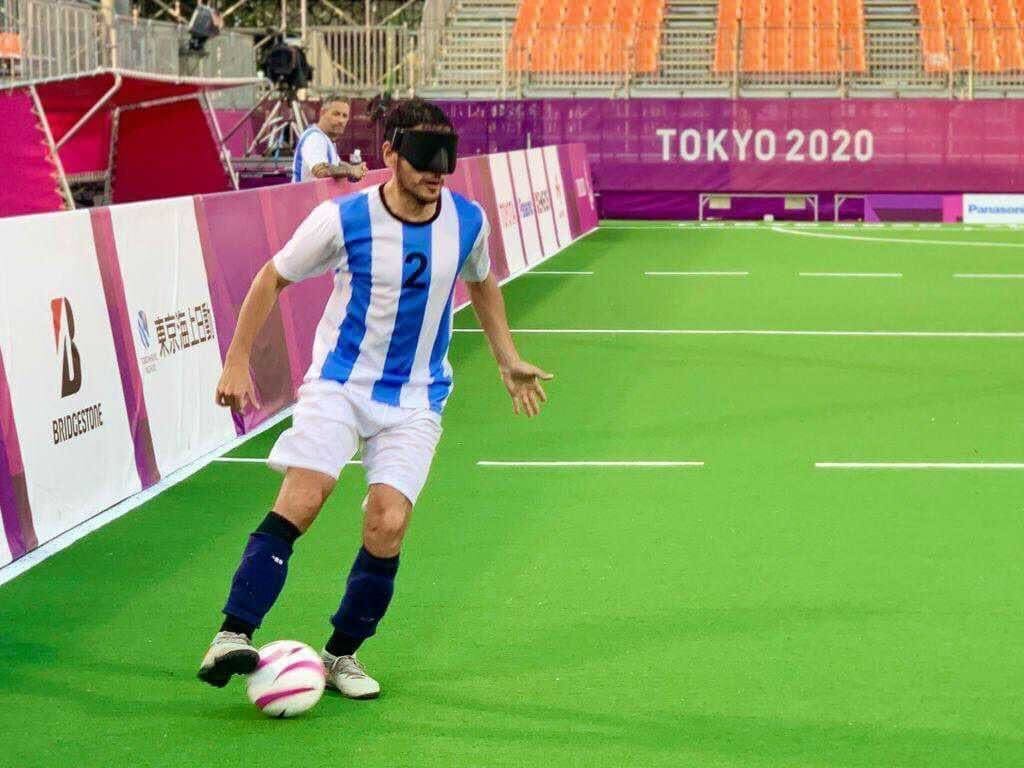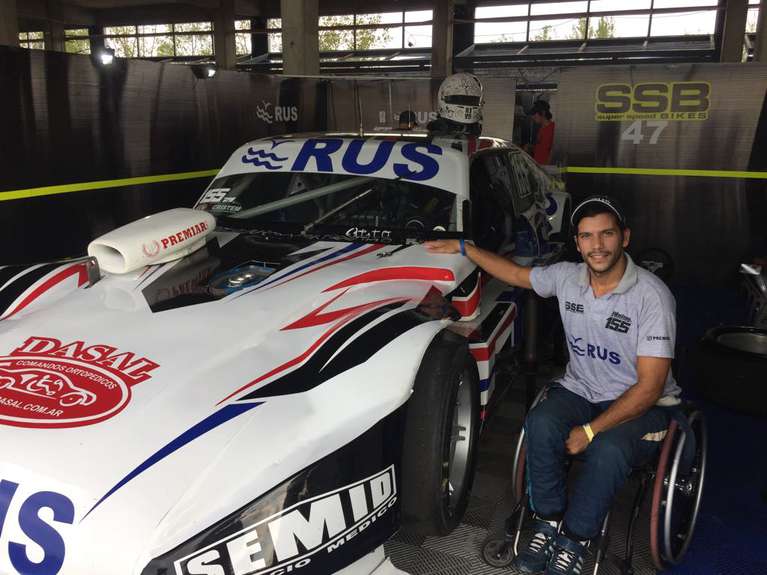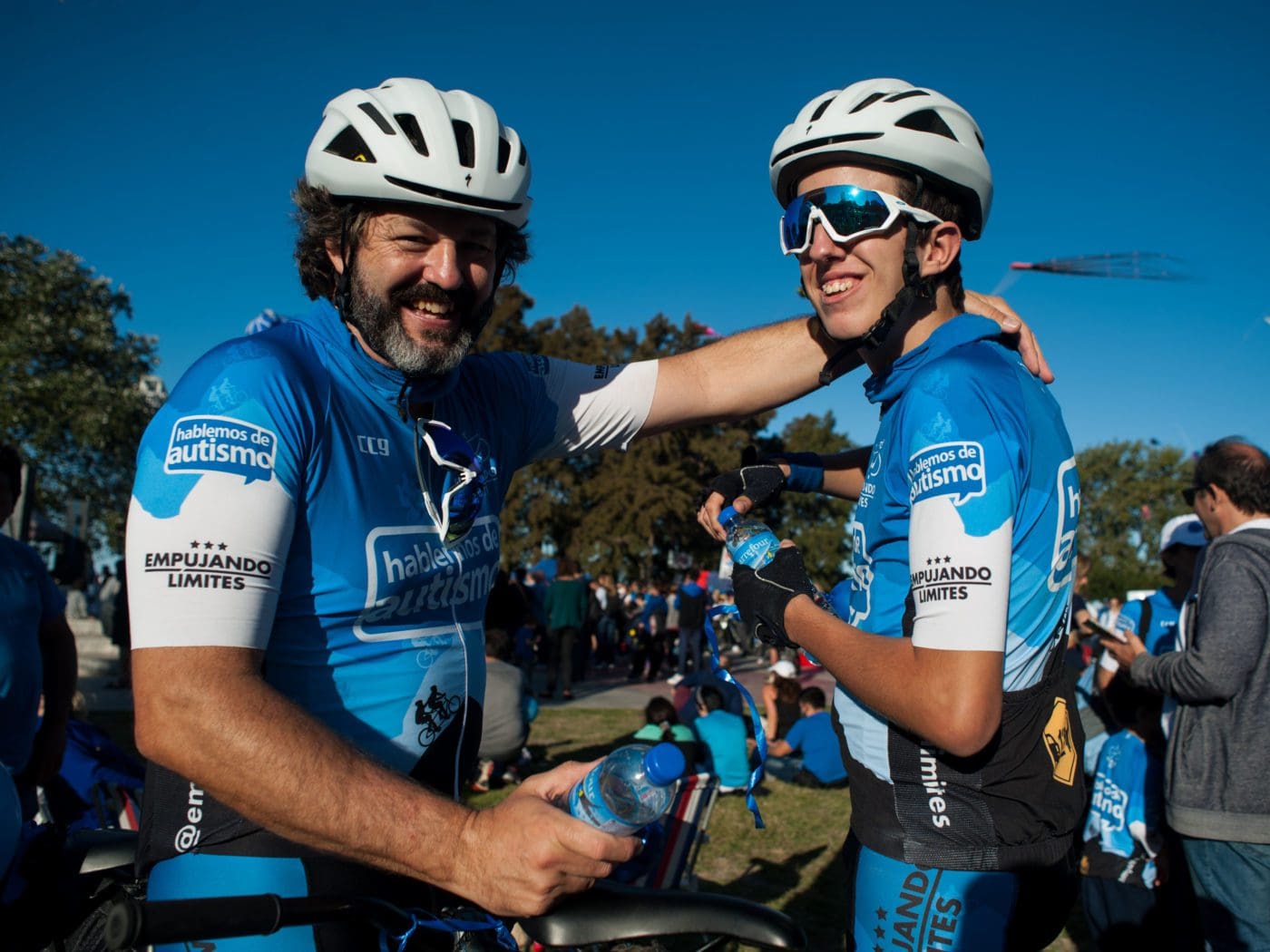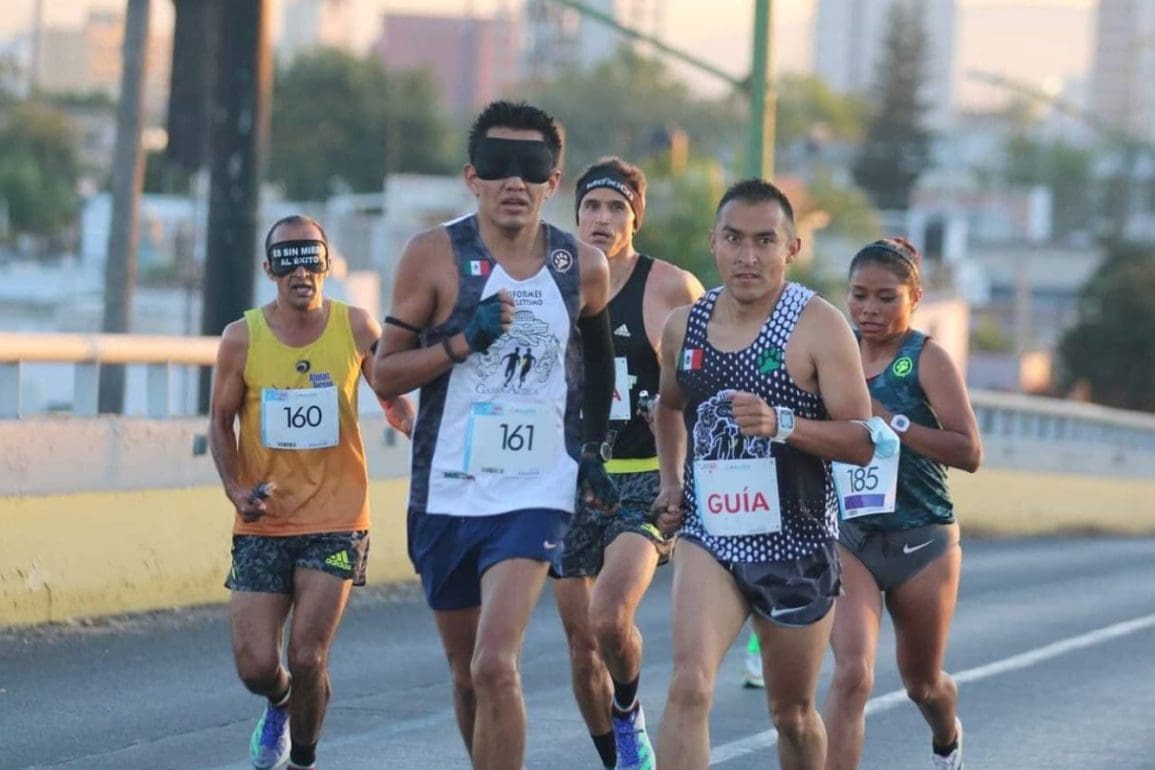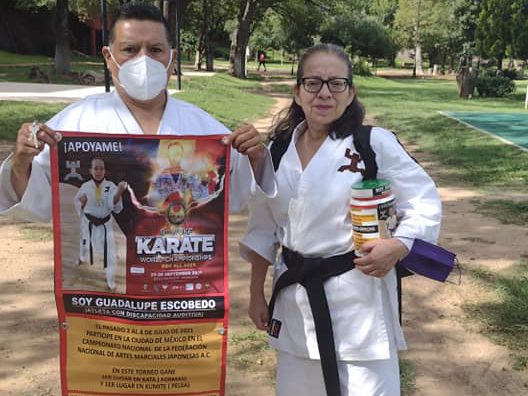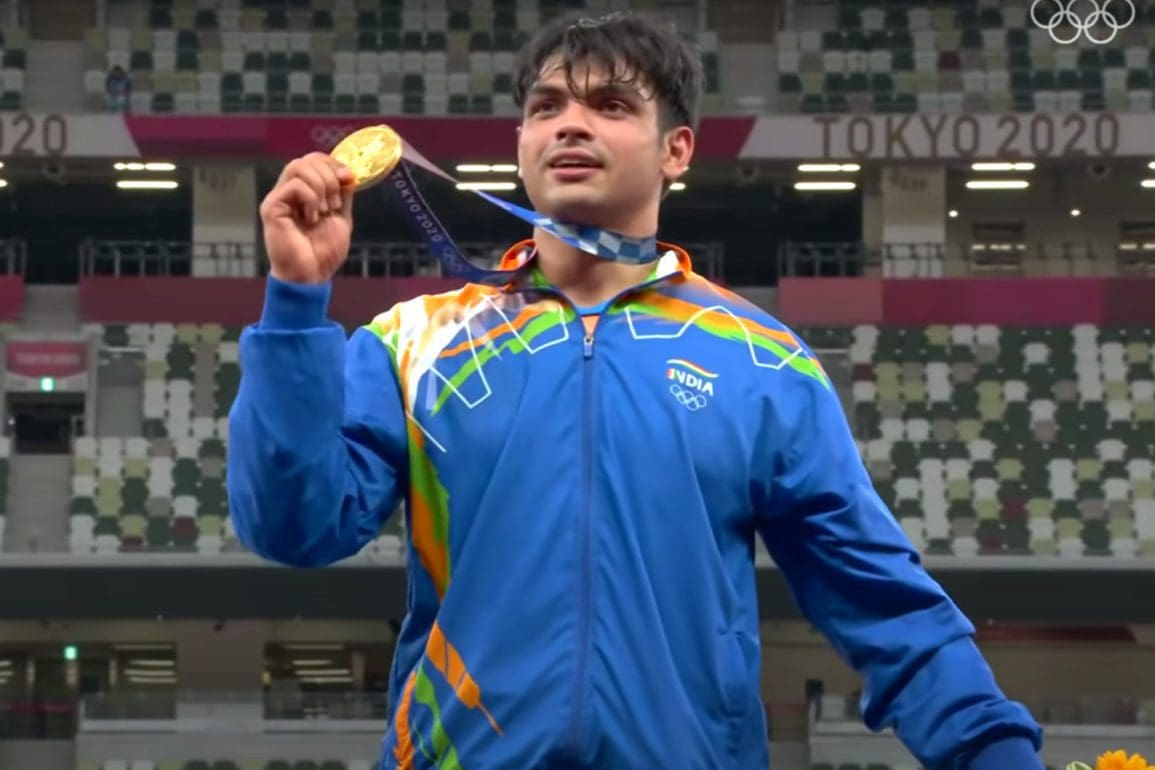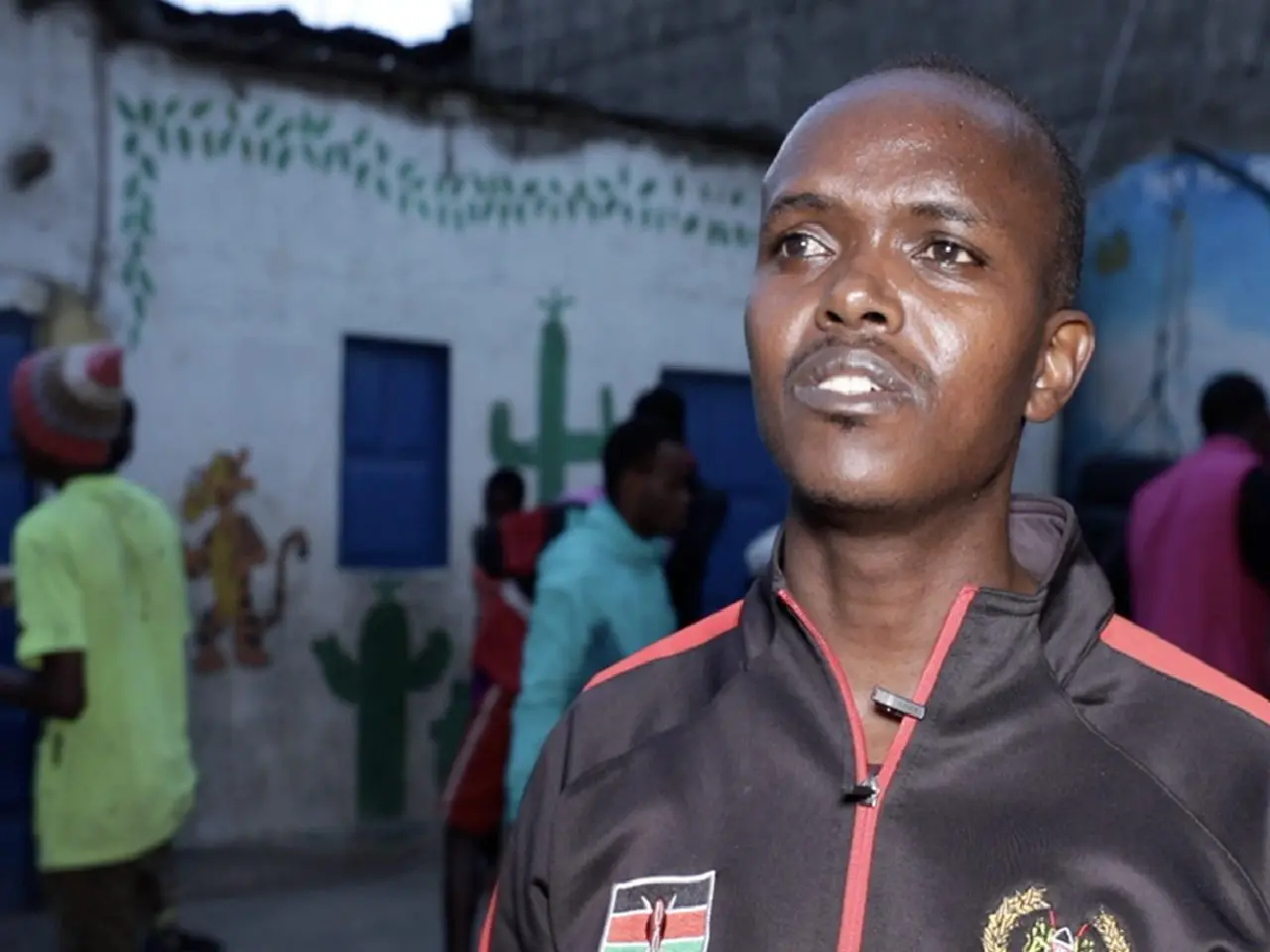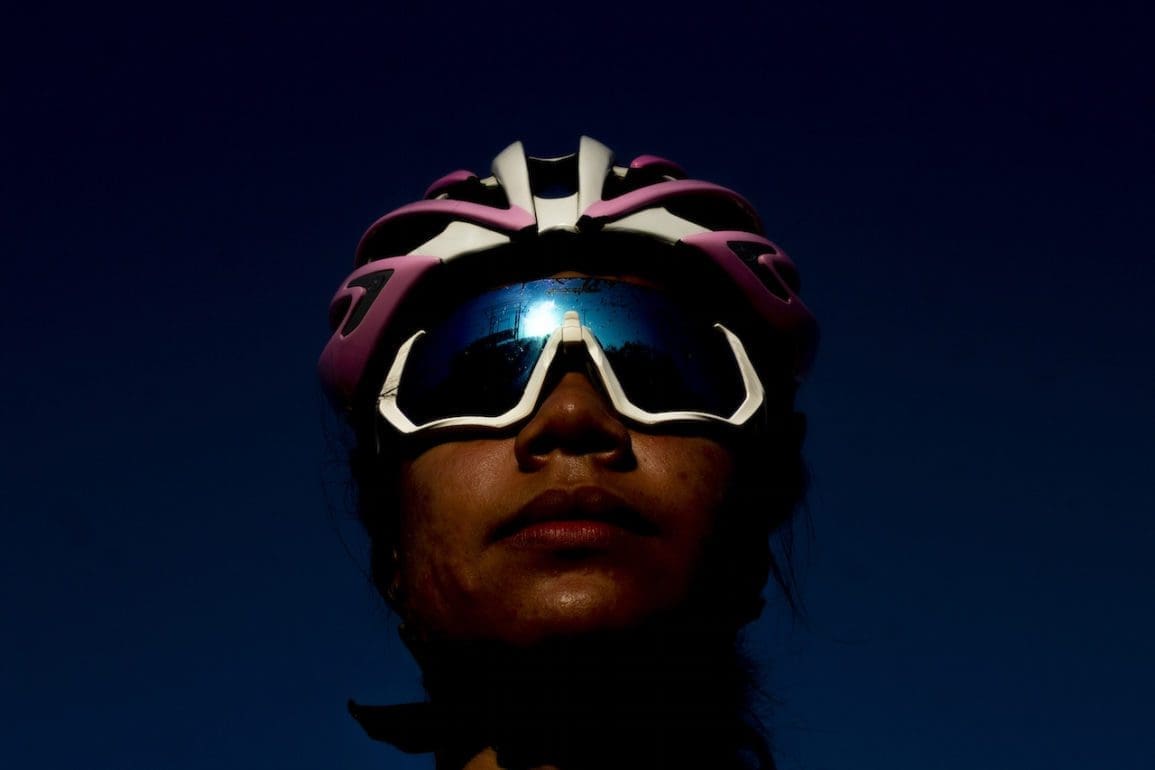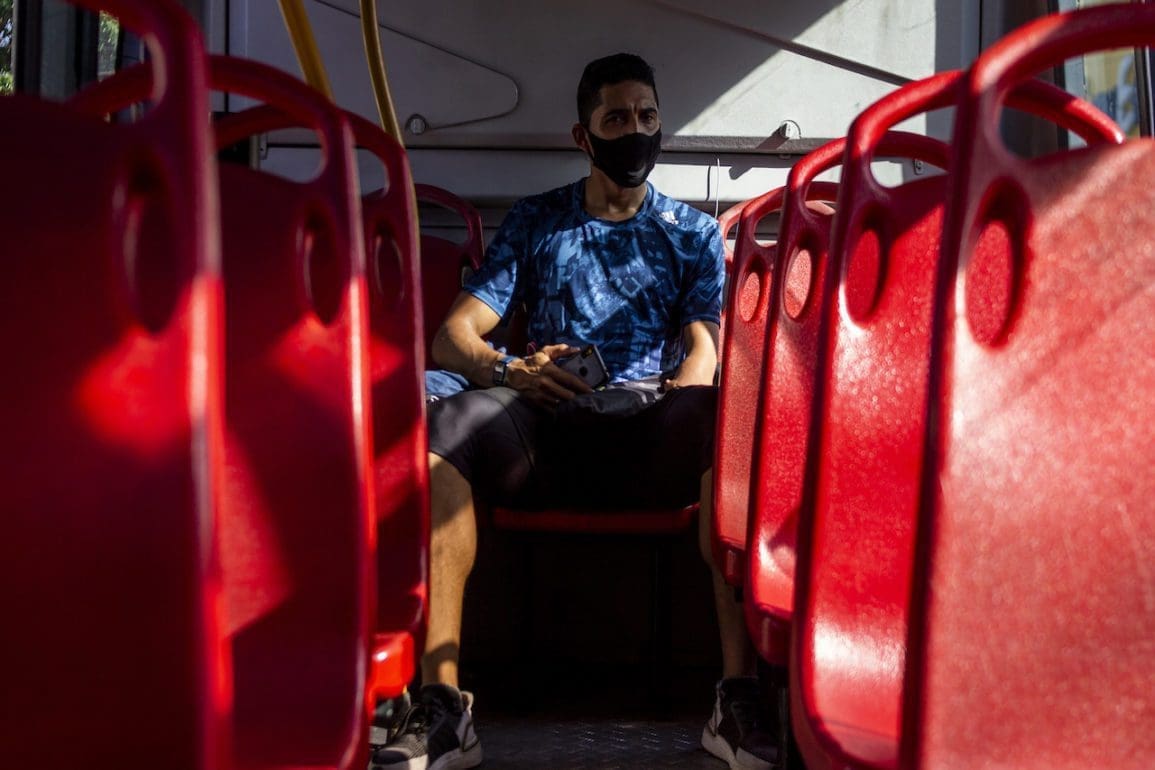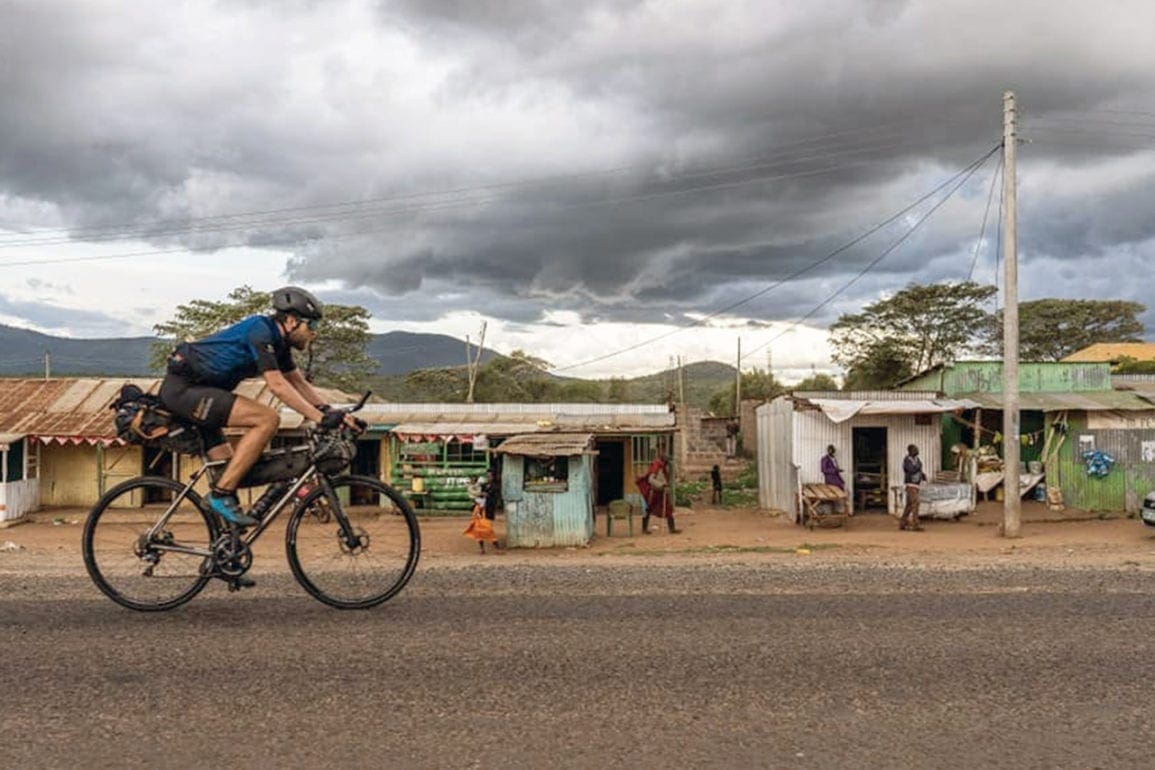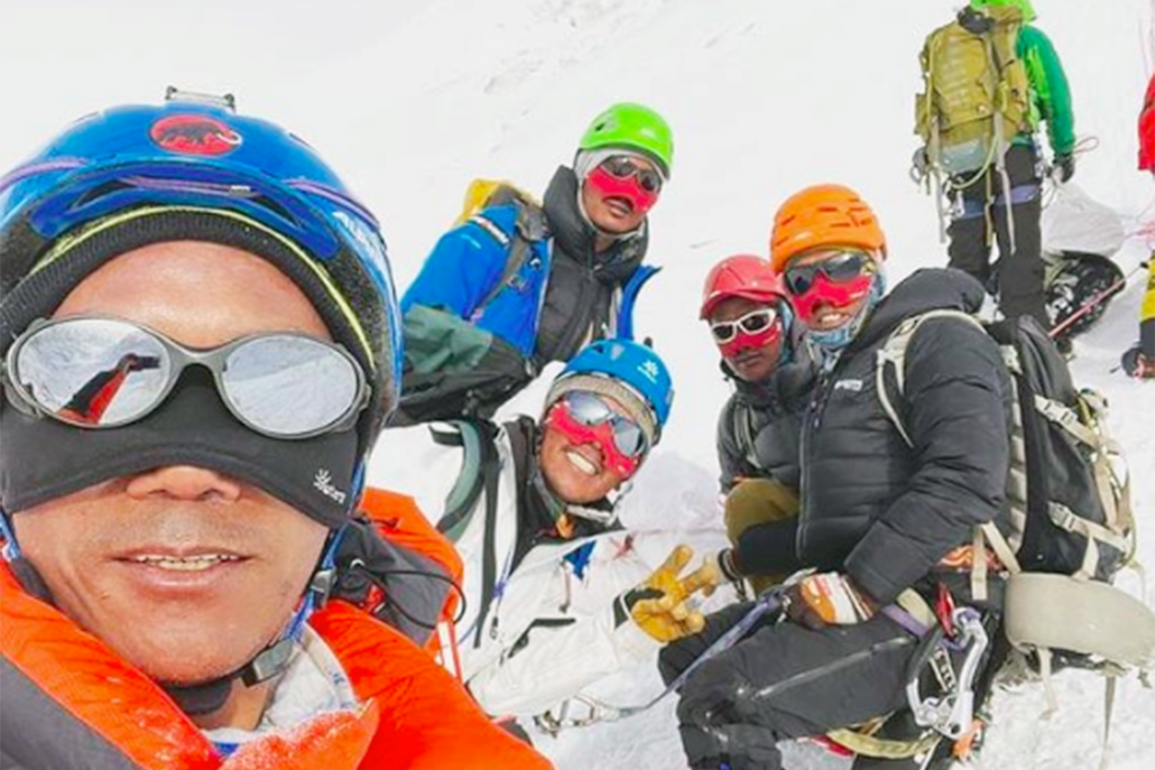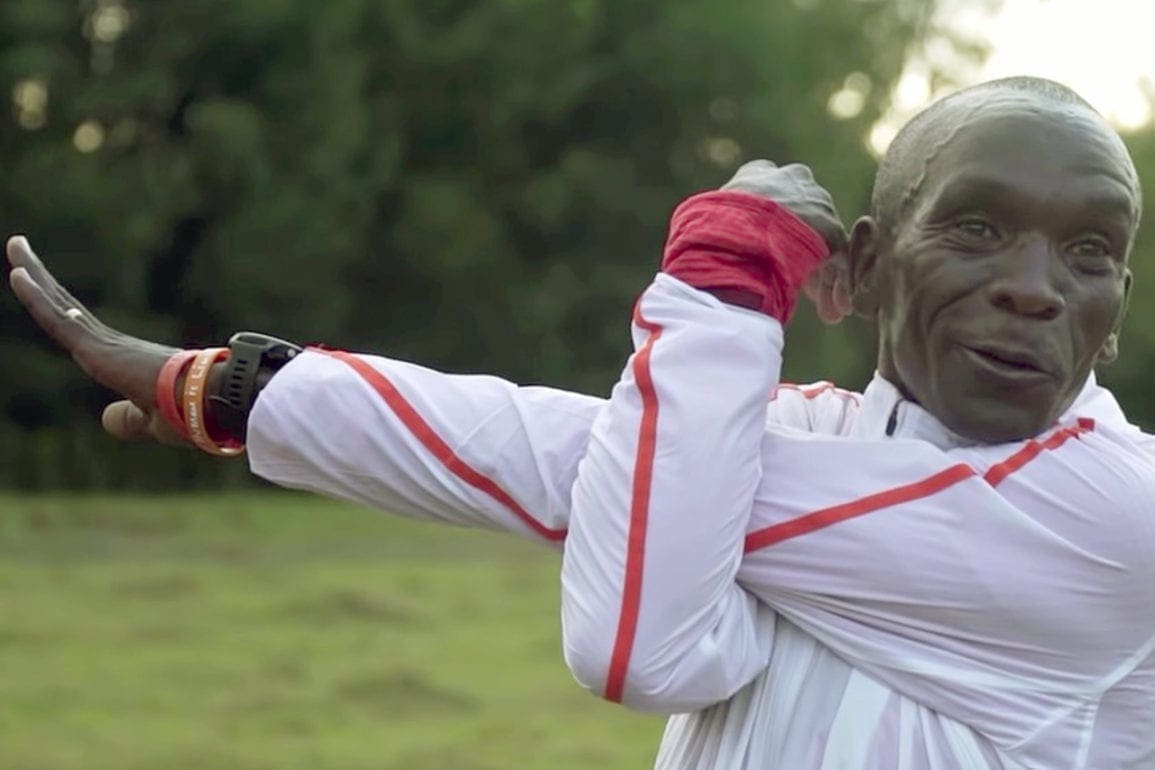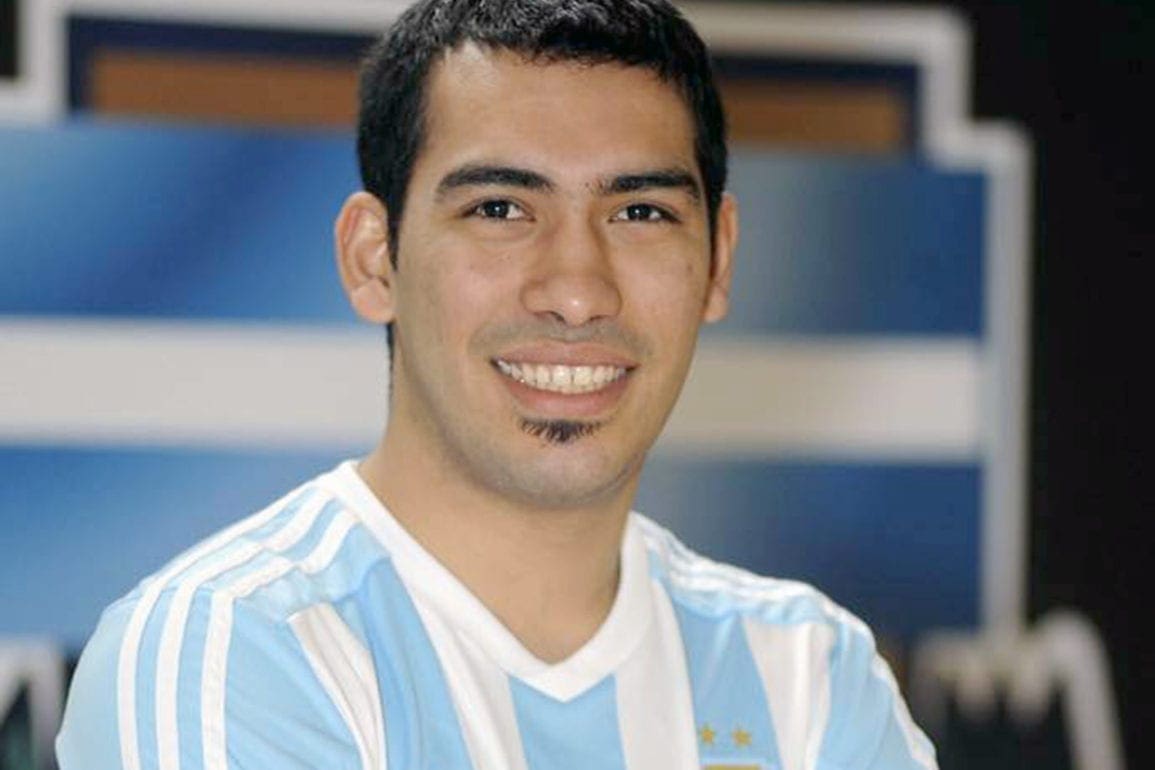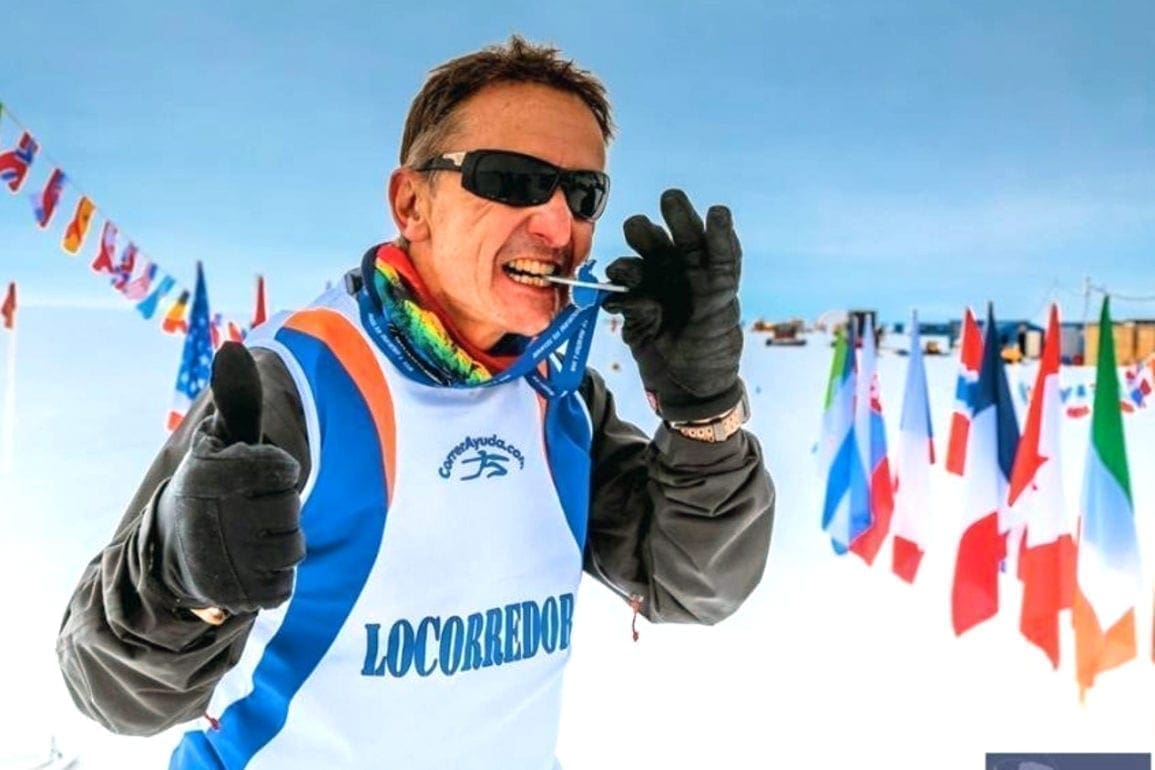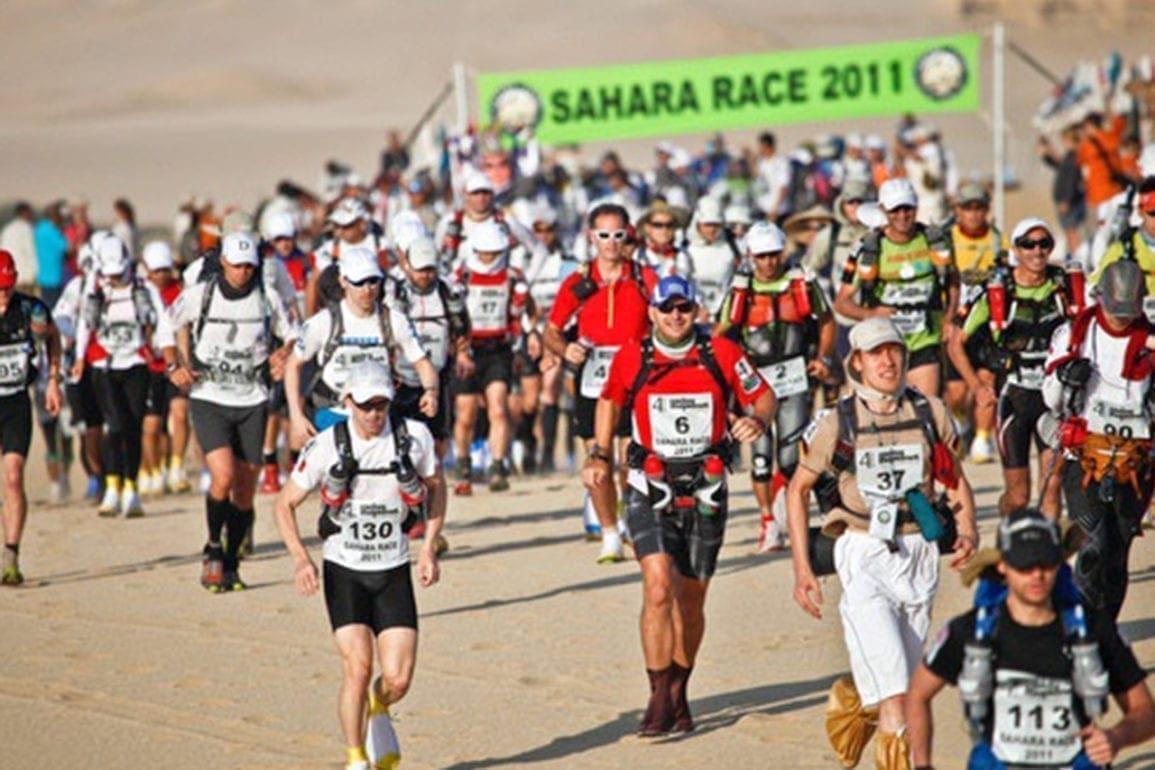2024 Paralympic Games in Paris hosts single Gazan athlete, paralyzed after being shot by IDF soldiers as a teen
As I ran for my life, a bullet struck my back, and I collapsed. Hitting the ground, I watched bullets hit others around me. Immediately, my legs went numb. At the hospital, doctors examined me and discovered the bullet broke several of my vertebrae. I would never be able to walk again.
- 1 year ago
September 19, 2024
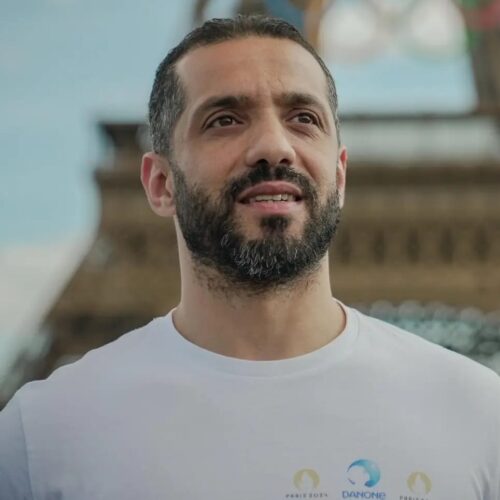
PARIS, France — On October 4, 2001, during the Second Intifada [a major uprising of Palestinians against Israeli occupation], I joined a gathering as a 17-year-old high school student to discuss our needs. We carried only Palestinian flags, with no weapons among us. Suddenly, an Israeli soldier opened fire on us. Everyone scattered, desperately trying to escape.
As I ran for my life, a bullet struck my back, and I collapsed. Hitting the ground, I watched bullets hit others around me. Immediately, my legs went numb. At the hospital, doctors examined me and discovered the bullet broke several of my vertebrae. I would never be able to walk again.
Living in Gaza: man confronts daily survival amid endless conflict
Growing up in Gaza, we face the constant threat of death or disability from attacks. From an early age, we viewed life through the lens of unprovoked violence. On a regular basis, my family bid farewell to people. As I swiftly adapted to life in Gaza as a child, I realized we lived in a 45-square-kilometer box, enduring constant control and war.
In time, I witnessed how everyone in Gaza became a target, whether a child, a woman, an athlete, or a doctor. The relentless attack machine that oppressed us for 76 years shows no distinction between homes, hospitals, universities, or mosques. It considers everything a potential target. No one can assure me of a safe place in Gaza. Survival transformed into a daily struggle, and only outside our homeland does hope for a better life exist.
Dealing with this harsh reality felt profoundly challenging and it shaped my upbringing. We adapted and utilized what we had access to, knowing our choices remained limited. As the eldest child, I witnessed the fear in my parents’ eyes regarding my uncertain future. Determined not to become a burden, I resolved to continue my life as if nothing happened.
Man finds refuge in Europe, yet his emotions remain tied to war-torn Gaza
In 2016, I left Gaza, seeking refuge in Europe for both my family and myself. Leaving my country caused me immense pain, a choice I never wanted to make. However, living with a disability in Gaza proved to be extremely challenging. In 2014, an attack destroyed my family’s house, reducing it to rubble. I worked tirelessly for two years, navigating through endless paperwork until I successfully secured our escape.
Even after leaving Gaza, I constantly sought ways to assist those who remained. I never felt completely calm or relaxed. My thoughts always lingered on my brothers and sisters still there. Every day, I worried about the children going to school and those on the streets, knowing their lives could disappear in an instant. On my cell phone, only one photo from my life before my disability survived; the rest of my photos were buried when the attack destroyed my house.
No matter how far I am from my homeland, my harrowing experiences still profoundly impact my life. I cannot focus solely on myself because my thoughts always dwell on my community. Even though I am physically here, my mind remains in Gaza, my true home.
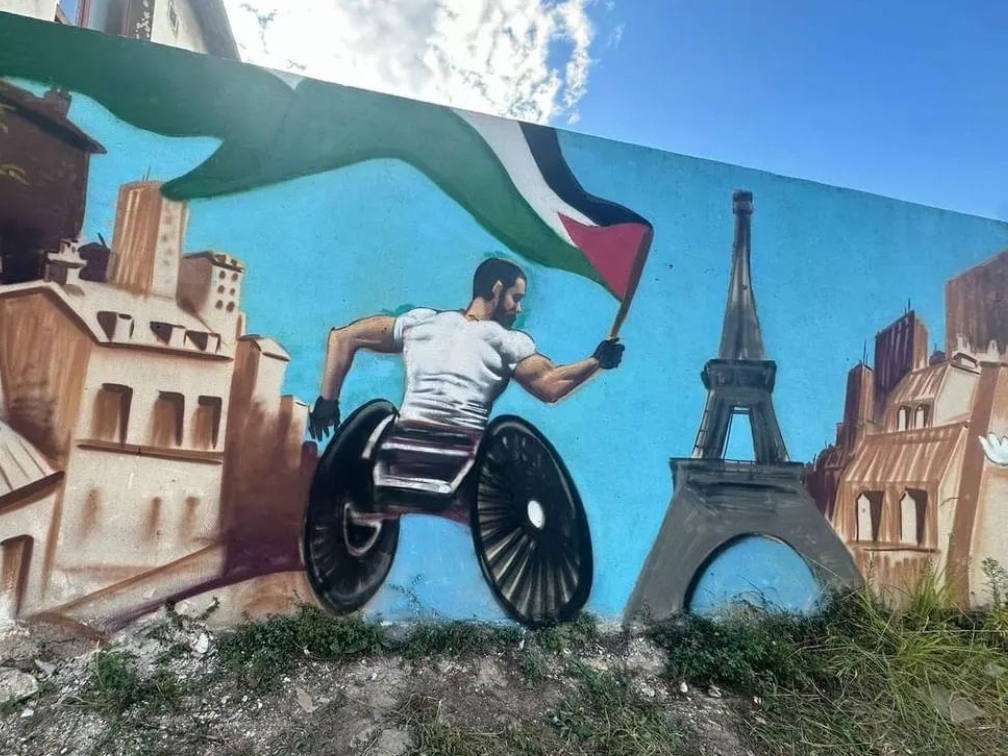
I moved to three different countries in Europe, searching for a place where I could ensure my family’s safety. At present, I live in France, while my wife and children reside in Turkey. Although I now live in a safe place without missiles, I struggle with cultural differences. Consequently, I feel unaccepted due to my background.
Man represents Palestine at the Paris 2024 Paralympic Games
Before becoming wheelchair-bound, sports served as my refuge. I played various sports and joined the national volleyball team. Sports offered one of the few spaces for freedom and enjoyment for Palestinians, teaching us respect, humanity, and passion. When I faced paralysis, I resolved to continue as an athlete.
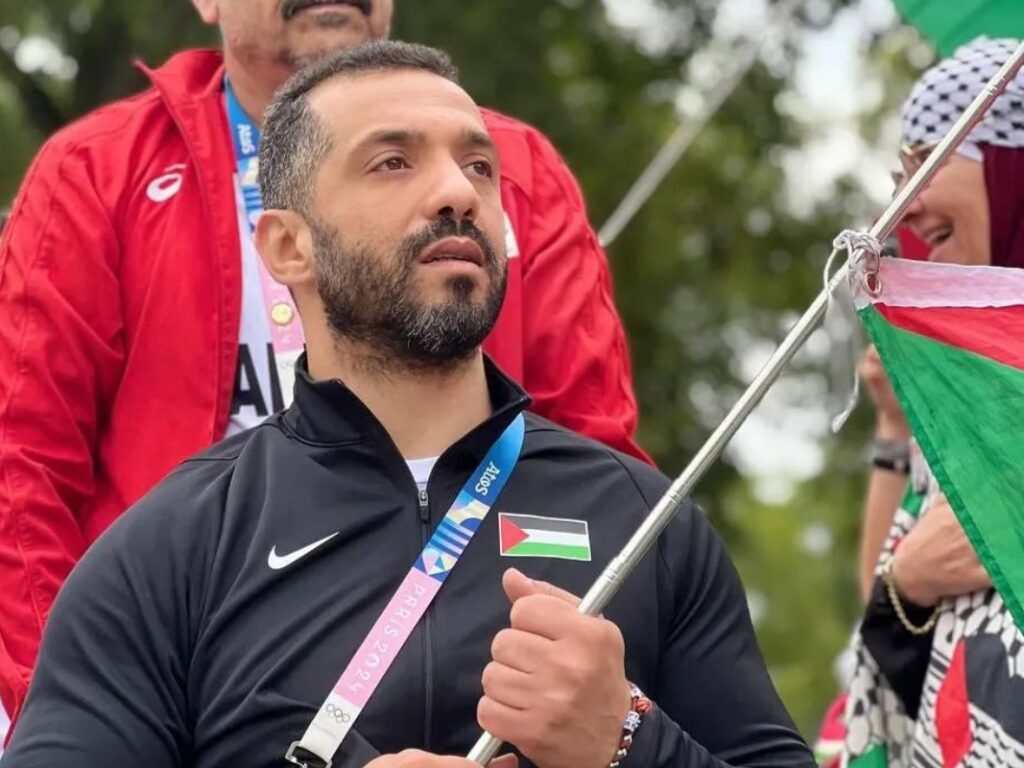
Today, I represent Palestine as the only athlete from my country in the Paris 2024 Paralympic Games. I trained while watching news of bombings and deaths. With my family and friends on my mind, I struggle to feel happy about my achievements. I enjoy the privilege of access to water, while my brothers and sisters struggle for it. When I eat, I wonder if they are getting enough. At night, the haunting sounds of tanks and missiles plague my sleep and wake me up, as if they chase me wherever I go.
While pursuing my dreams at the Paralympic Games, I stand as a voice for 11 million Palestinians suffering from genocide. Through my participation, I compel the world to hear my message as we seek the same rights as the rest of humanity. Neutrality cannot take hold. The world must awaken and declare that enough is enough.
Palestinians stand firm in their struggle for equal rights
In Gaza, many of us suffer from disabilities caused by attacks, yet we refuse to let difficulties halt us. We often lack the necessary equipment and improvise with stones as weights, training in the streets. Despite having nothing, we persist because we belong to this land, which forms a core part of our identity.
Though our land lacks in many ways, it overflows with dreams, hopes, and goals. We aspire to demonstrate our potential to the world and need the chance to do so. Competing in Paris in the 2024 Paralympics, I feel a great responsibility and a heavy weight on my shoulders, but I remain determined to act for my people.
I aim to show my country and the world what we can achieve because Palestine embodies a piece of paradise. It must return to its rightful state, allowing Palestinians to reclaim their land and exercise their full rights. I can only feel at ease once the world sees us as equals.



















